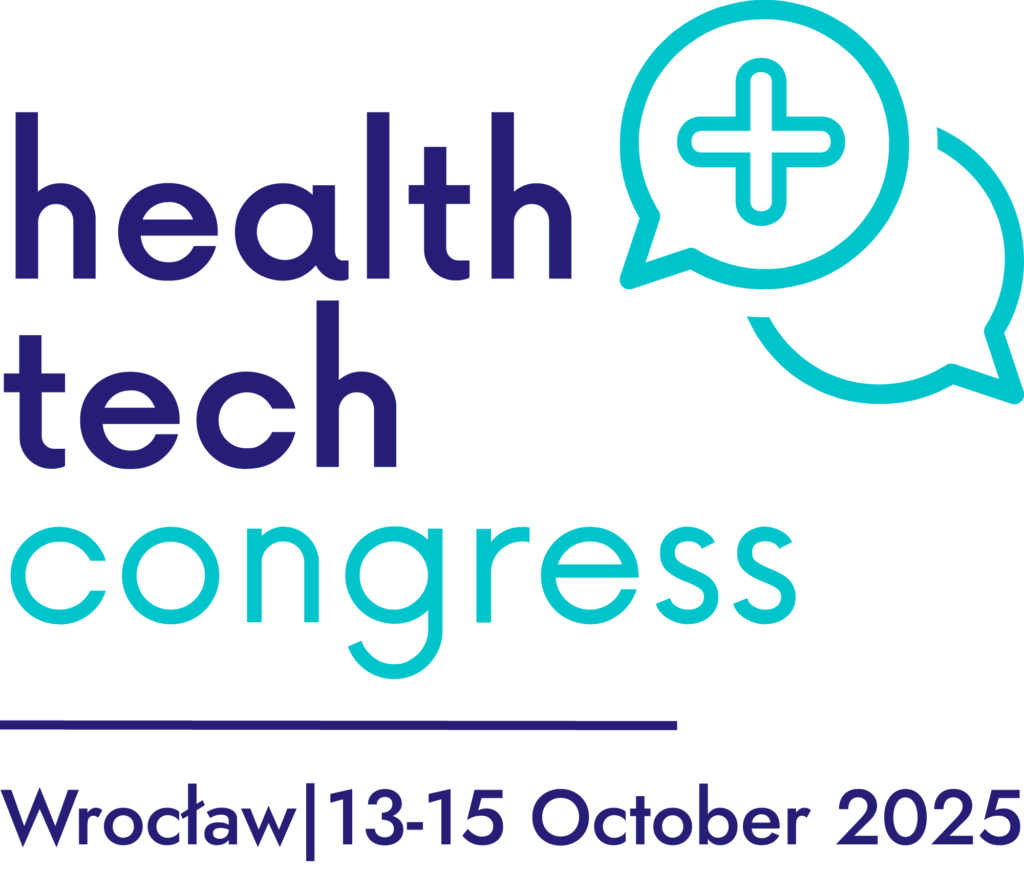HealthTechCongress – 13-15 October 2025
Committees
Steering Committee
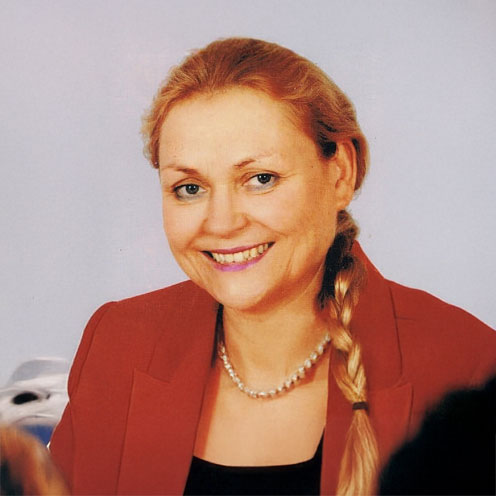
Prof. Halina Podbielska, MD
Head of the Congress Steering Committee
Faculty of Fundamental Problems of Technology, Department of Biomedical Engineering Wrocław University of Science and Technology
Prof. Halina Podbielska, DSc, PhD, Eng, MD, is a graduate of the Faculty of Fundamental Problems of Technology (WPPT) at Wrocław University of Science and Technology (WUST) and the Faculty of Medicine at the Medical Academy (now Wrocław Medical University). She completed her studies at WPPT with distinction and defended her doctoral dissertation with distinction at the Institute of Physics, Wrocław University of Science and Technology (1992). In 1997, the Scientific Council of WPPT awarded her the degree of Doctor Habilitated in Physical Sciences. She also completed postgraduate studies at the Faculty of Computer Science and Management at Wrocław University of Science and Technology, conducted in collaboration with Central Connecticut University. She passed also the state examination for members of supervisory boards of State Treasury companies. In 2002 she was awarded the title of Professor of Technical Sciences.
Professor Podbielska has participated in numerous research stays at the invitation of foreign scientific institutions. During her doctoral studies at Wrocław University of Science and Technology, she completed a four-month internship at the Institute of Physics, Goethe University in Frankfurt am Main. From 1984 to 1986, she was a Humboldt Foundation fellow at Goethe University in Frankfurt am Main and the Hals-Nasen-Ohren Clinic, Holographic Laboratory for Medical Acoustics and Biophysics, University of Münster, Germany, where she conducted research on bones and orthopedic devices using holographic interferometry methods. She was invited by the Department of Electronics at the Weizmann Institute, Rehovot, Israel, for a two-year research stay (1989, 1990), conducting studies on holographic endoscopy, among other topics. In 2002-2004 and 2005, she was a visiting professor at the Institute of Optics, Technical University of Berlin, and Charité – Universitätsmedizin Berlin, Institute for Biomedical Engineering and Physics), where she conducted research on the medical applications of lasers.
She played an active role in the establishment of the Institute of Biomedical Engineering and Measurement at WUST, which was founded in 2007. From 2008, she served as the Director of the Institute for two terms. She contributed to the development of the Institute, both in terms of material resources (including securing an equipment grant) and human resources. After organizational changes at Wrocław University of Science and Technology in 2014, she was the Head of the Department of Biomedical Engineering until March 2022.
H. Podbielska conducts research in the broad field of biomedical engineering and bio-optics, including nanomaterials, photoactive biomaterials with antibacterial properties, modified implant coatings, image recognition methods and bacterial identification, personalized medicine, and thermographic monitoring of the effects of physical therapies. At Wrocław University of Science and Technology, she led eight national grants, four international projects (including two under the 7th Framework Programme), and two industry-commissioned projects. She is a co-author of over 300 scientific publications and reports and 13 patents in the broad field of biomedical engineering.
In recent years, H. Podbielska has been actively involved in research on personalized medicine and physiotherapy in collaboration with the University of Bonn and the Wrocław University of Physical Education. This research includes thermographic methods and the application of computer-assisted algorithms for image recognition.
H. Podbielska has been a member of the Committee on Biocybernetics and Biomedical Engineering of the Polish Academy of Sciences (PAN) for several terms and currently serves as its Deputy Chair. She has also been a long-standing member of the Scientific Council of the Institute of Biocybernetics and Biomedical Engineering (IBIB PAN). Additionally, she was appointed to the ministerial team for evaluating industrial PhD programs.
In 2008, she was invited to join the Scientific Council of The European Association for Predictive, Preventive & Personalised Medicine (EPMA), where she is responsible for Biomedical Engineering. She is also a member of the Scientific Council of the EPMA Journal (Springer Nature) and Biocybernetics and Biomedical Engineering (Elsevier).
She was honored as an OSA Senior Member in 2017 and received the EPMA AWARD in 2021 for her contributions to the promotion of personalized medicine. Since 2019, she has been a member of the Scientific Council of The International Centre of Biocybernetics.
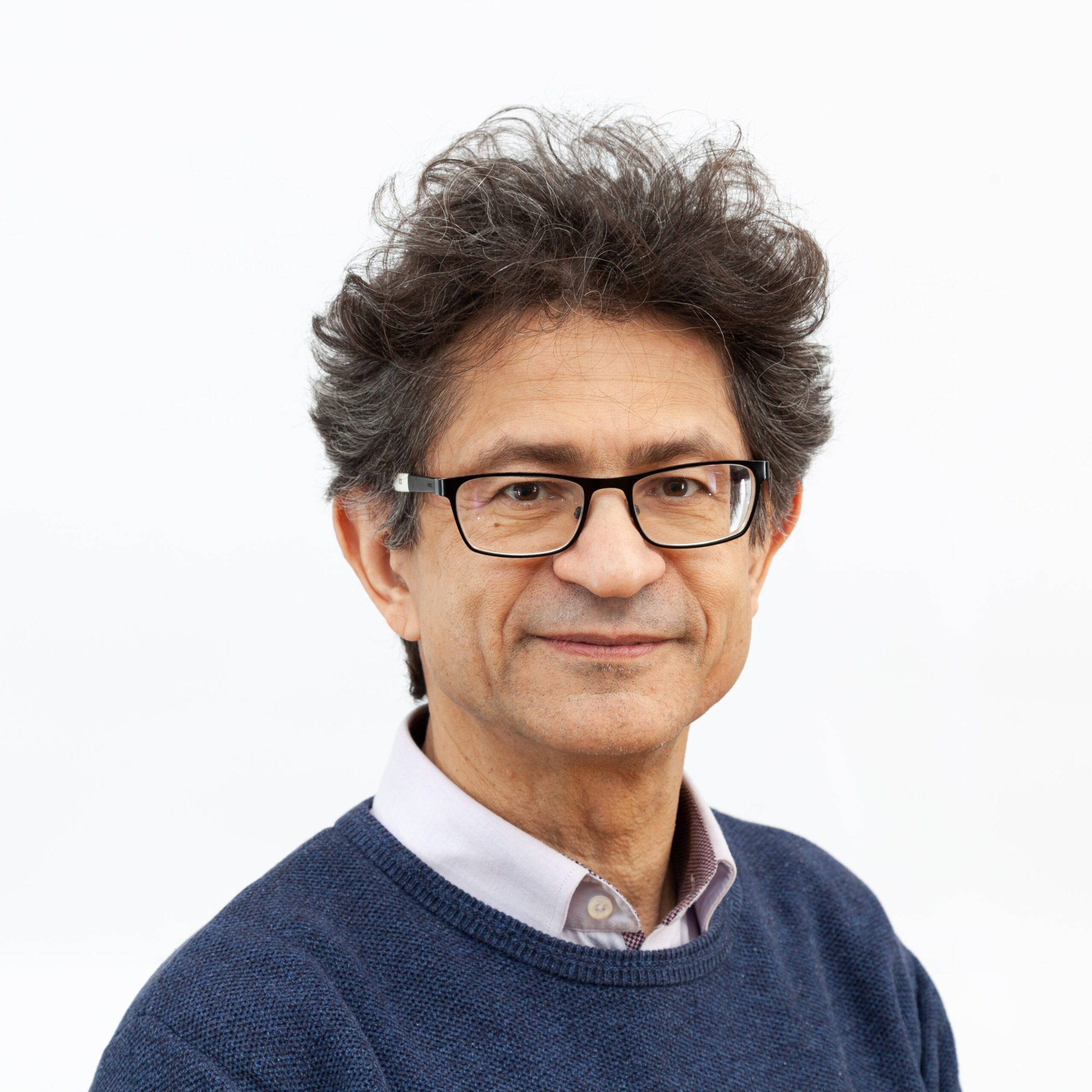
Prof. Robert Iskander
Director of HealthTech Synergy Hub,
Faculty of Fundamental Problems of Technology. Department of Biomedical Engineering Wrocław University of Science and Technology
Prof. D. Robert Iskander works at the Department of Biomedical Engineering, Faculty of Fundamental Problems of Technology, at the Wrocław University of Science and Technology. He defended his doctorate in 1997 (Queensland University of Technology, Australia), and obtained his habilitation in 2010 (Silesian University of Technology). In February 2021, he received the title of professor of engineering and technical sciences. His research mainly concerns signal and image processing methods and their application in ophthalmology, but he also deals with visual optics, optometric and ophthalmic instrumentation, applied statistics, applied mathematics, detection and estimation, and the bootstrap method. Prof. Iskander is the co-author of over 300 international scientific papers, including over 150 in peer-reviewed international journals. He is also the co-author of 13 international patents, mainly concerning the construction of contact lenses. He has supervised 23 PhDs to date, and currently supervises three more PhD students. Currently, he is the director of the HealthTech Synergy Hub and head of the Department of Biomedical Engineering. Since 2020, he has been a member of the Biocybernetics and Biomedical Engineering Committee of the Polish Academy of Sciences.
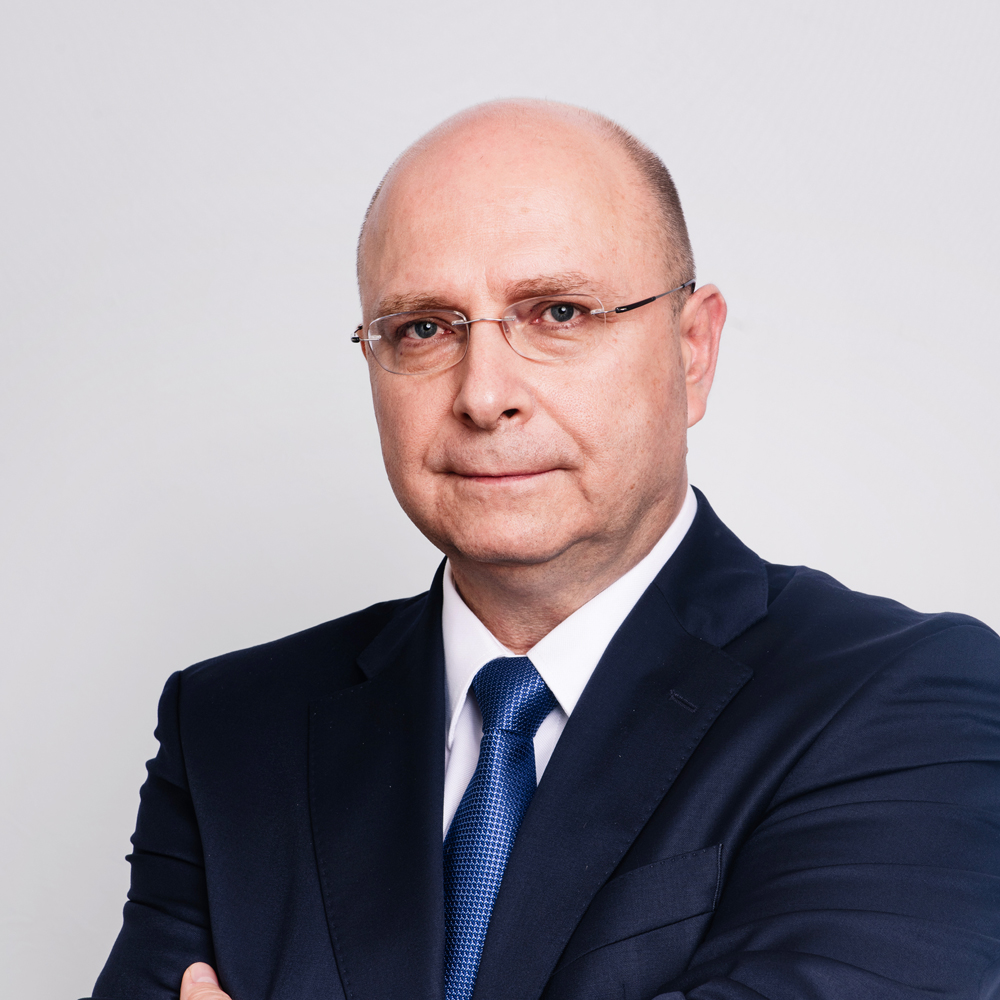
Prof. Dariusz Jagielski, MD
Faculty of Medicine, Department of Non-surgical Clinical Sciences, Wrocław University of Science and Technology
Faculty of Medicine of the Wrocław University of Science and Technology (WUST). He is the deputy head of the Cardiology Clinic of the Heart Disease Center at the 4th Military Clinical Hospital with Polyclinic in Wrocław. He finished his medical studies at Medical Academy in Wrocław (1992) – currently Wrocław Medical University. He was a medical adviser to the Rector of the WUST (2023). At present Dariusz Jagielski is an assistant professor of WUST.
His professional and scientific activity concerns electrophysiology, and more specifically, the introduction of modern medical technologies into clinical practice. Includes, among others: such issues as: implantation of electrodeless cardiac pacemakers, phrenic nerve stimulation in sleep apnea in people with heart failure, percutaneous removal of pacing systems, long-term ECG monitoring.
His most important scientific interests focus on arrhythmia – the use of non-invasive and invasive techniques in the prognosis and treatment of cardiac arrhythmias, implantable cardioverter defibrillators and resynchronisation therapy in heart failure, implantation of electronic devices to treat cardiac arrhythmias and heart failure, ablation techniques (3D) in the treatment of arrhythmias clinical and experimental research.
He has been educating doctors for almost 30 years, including: internists and cardiologists in the field of electrophysiology and cardiology. He is an active participant in scientific conferences and symposia as a lecturer, co-chairman of discussion panels and presenter of works. He takes part in the most important scientific events in the areas of medicine that are close to him in Poland and abroad, e.g. in India, Greece, Germany, Finland, Italy and the USA.
Programm Committee

Prof. Dariusz Łydżba
Vice-Rector for Research and Innovation
Faculty of Civil Engineering. Head of the Department of Geotechnics, Hydrotechnics, Underground and Water Construction
Wrocław University of Science and Technology
Prof. Dariusz Łydżba at Wrocław University of Science and Technology served, among other positions, as dean of the Faculty of Civil Engineering, director of the Institute of Geotechnics and Hydrotechnics, head of the Department of Geotechnics, Hydrotechnics, Underground and Water Engineering.
From 2020 to 2024, he served as Vice-Rector for Cooperation. Since September 1, 2024, he has served as Vice-Rector for Research and Innovation.
Prof. Dariusz Łydżba’s scientific interests and research are related to multiscale mathematical modeling of physical processes in soil and rock media, identification of microstructure measures and their relationships with effective parameters of composites, inverse issues of homogenization theory and problems of mathematical modeling of large-scale geotechnical issues in terms of random field theory and rational design of earth and underground structures.
He is the author or co-author of more than 100 published scientific papers and more than 100 reports (SPR reports) and expert reports on research performed for the economy. For his monograph “Applications of the asymptotic homogenization method in the mechanics of soils and rocks”, he received the scientific award of the Division IV of Technical Sciences of the Polish Academy of Sciences in 2003.
The professor is a happy husband and father of a grown daughter. He has been collecting fountain pens for years.
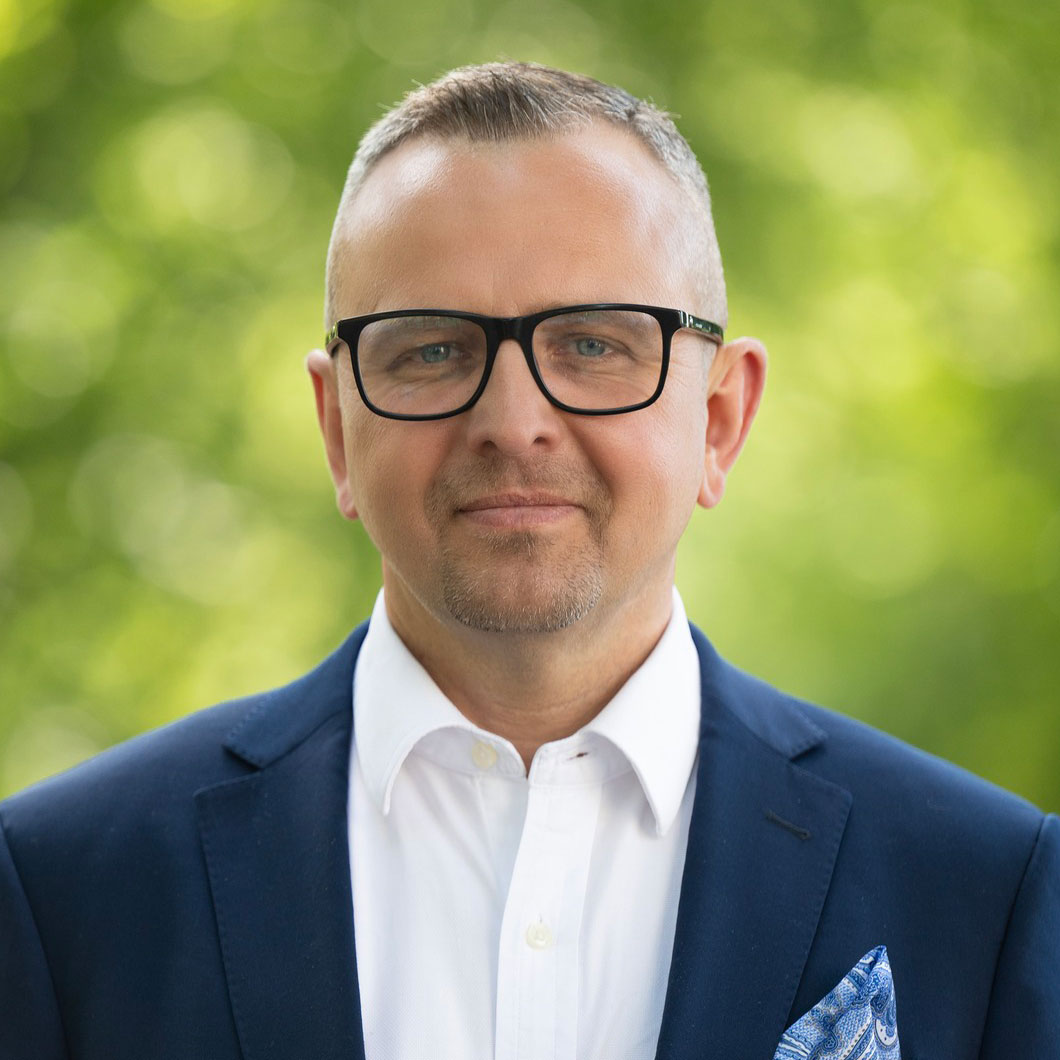
Prof. Piotr Młynarz
Vice-Rector for Organization and Infrastructure, Faculty of Chemistry. Department of Biochemistry, Molecular Biology and Biotechnology, Wrocław University of Science and Technology
A graduate of the Department of Chemistry, University of Wroclaw (1997). He has been affiliated with the Wrocław Tech’s Department of Chemistry since 2002. He received his habilitation in 2012 and the title of professor in 2021.
His research interests revolve around bioanalysis with the application of NMR nuclear magnetic resonance spectroscopy and MS mass spectrometry in monitoring pathological states of the body, diagnosis and investigation of the causes of civilization and inflammatory diseases. In addition, he conducts research on food authentication, metabolomic changes of cancer cells under the influence of physicochemical factors, and the causes of drug resistance of microorganisms.
He has co-authored more than 115 publications in Philadelphia-listed journals, and his work has been cited more than 2,400 times to date. His achievements include co-authorship in eight patents. He was the supervisor of six doctoral dissertations and more than 70 theses.
He is the recipient of scholarships financed by the Foundation for Polish Science (2003, 2004, 2005), a collective Prize of the Minister of National Education and Sport (2003) and numerous awards of the Rector of the Wrocław University of Science and Technology.
From 2012 to 2020, he served as Vice Dean for General Affairs of the Faculty of Chemistry at Wrocław Tech, and from 2020 to 2024 as Dean of the Faculty. He is a co-founder and former vice president of the Polish Metabolic Society. He is also a member of the Polish Chemical Society and the Polish Biochemical Society. He is active locally in the Wroclaw Scientific Society, serving as a member of the society’s board of directors.
Privately, he enjoys active leisure activities, especially mountain biking and cross-country skiing.
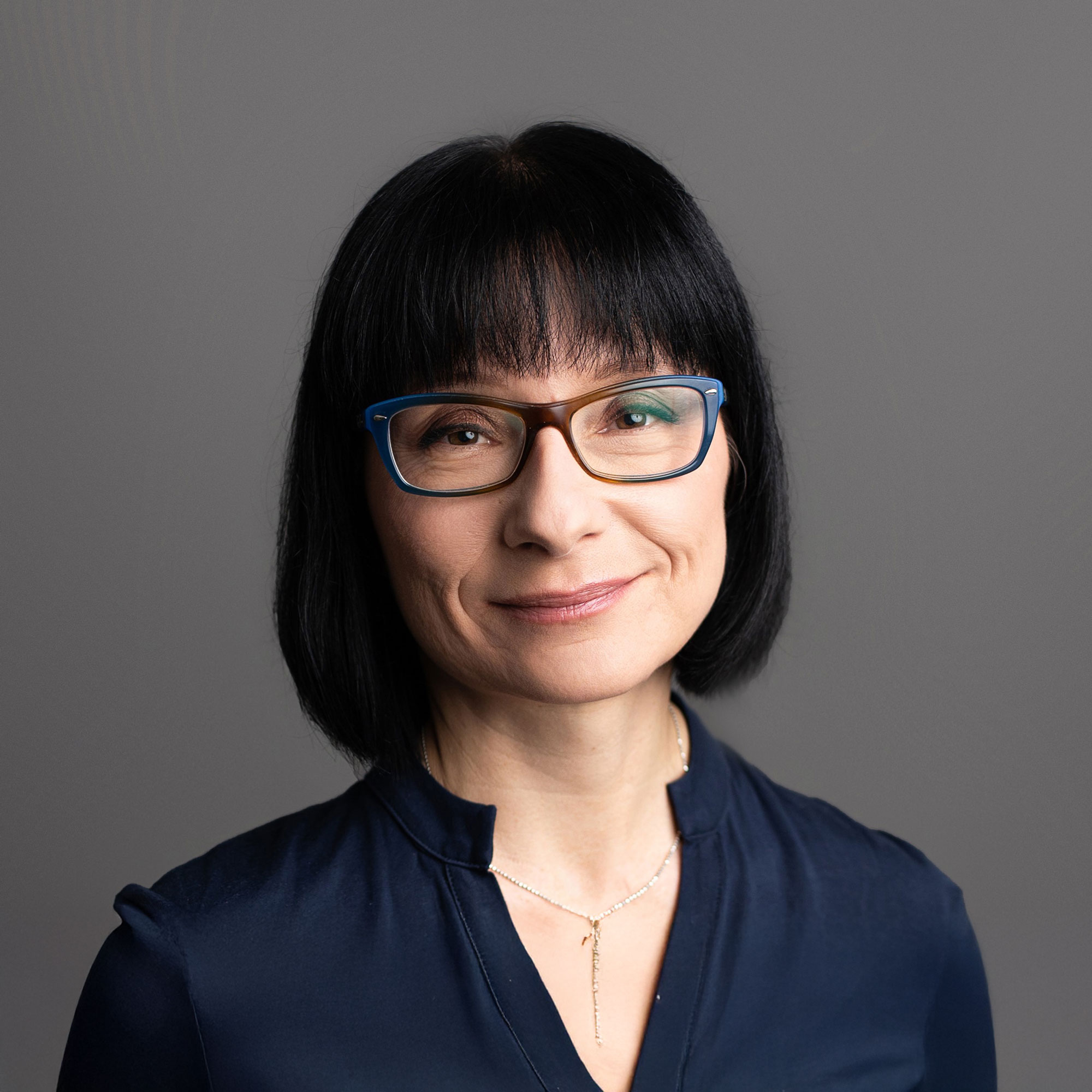
Prof. Joanna Bladowska, MD
Faculty of Medicine, Department of Preclinical Sciences, Pharmacology and Medical Diagnostics, Wrocław University of Science and Technology
Prof. Joanna Bladowska works at the Department of Preclinical Sciences, Pharmacology and Medical Diagnostics, Faculty of Medicine, Wroclaw University of Science and Technology. Head of the Medical Diagnostic Center, Wroclaw 4th Military Clinical Hospital, Wroclaw, as well as Neuroradiology Consultant, at the Emergency Medicine Center, Marciniak Lower Silesian Specialist Hospital, Wroclaw. Since 2019 the President of the Society of the Lower Silesia branch of the Polish Medical Society of Radiology in Wroclaw. Since 2023 the President of the Neuroradiology Division of the Polish Medical Society of Radiology.
Prof. Bladowska is the only Polish neuroradiologist in history to have received the prestigious international scientific award of the European Society of Neuroradiology (ESNR) for pioneering research on a global scale on the assessment of changes in the brain in patients infected with HIV-1 and HCV. She received the Kościuszko Foundation Award for the most outstanding publication in the field of clinical medicine published in a world-class medical journal in English in 2013-2014. Winner of the 1st degree Scientific Award of the Polish Medical Society of Radiology for the greatest scientific achievements and many awards for publications of the Polish Scientific Society of AIDS, the Polish Medical Society of Radiology and awards of the Rector of the Medical University of Wroclaw. In 2015, she obtained the European Diploma in Neuroradiology and in January 2021 the title of professor of radiology before reaching the age of 45. She is a recognized expert in Poland and Europe in the field of neuroradiology, which results in numerous invited lectures every year at the prestigious European Congress of Radiology in Vienna as well as at the European Society of Neuroradiology Annual Meetings (Vienna, Paris, Istanbul) and at numerous international courses for physicians (often the only lecturer from Poland). The only Polish Section Editor of the chapter “CSF disorders” in the international very prestigious book, endorsed by the European Society of Neuroradiology (ESNR) entitled „Clinical Neuroradiology”. Creator and chairwoman of the Scientific and Organizing Committee of the conference “Wroclaw Neuroradiology Meetings”, the first Polish conference with the participation of the best neuroradiology experts from Europe, which gather 300 Polish radiologists every year.
Author of pioneering reports on a global scale concerning imaging diagnostics of pituitary diseases and her own modification of the pituitary MRI examination protocol, including the examination protocol in children, without the need to use a contrast agent. She provides nationwide expert consultations on imaging diagnostics of changes in the brain in children with X-linked adrenoleukodystrophy. In the 10 years since habilitation: supervisor of 10 completed doctoral dissertations, reviewer in 12 doctoral dissertations. In 2023, the Silver Cross of Merit awarded by the President of Poland for the entire achievement.
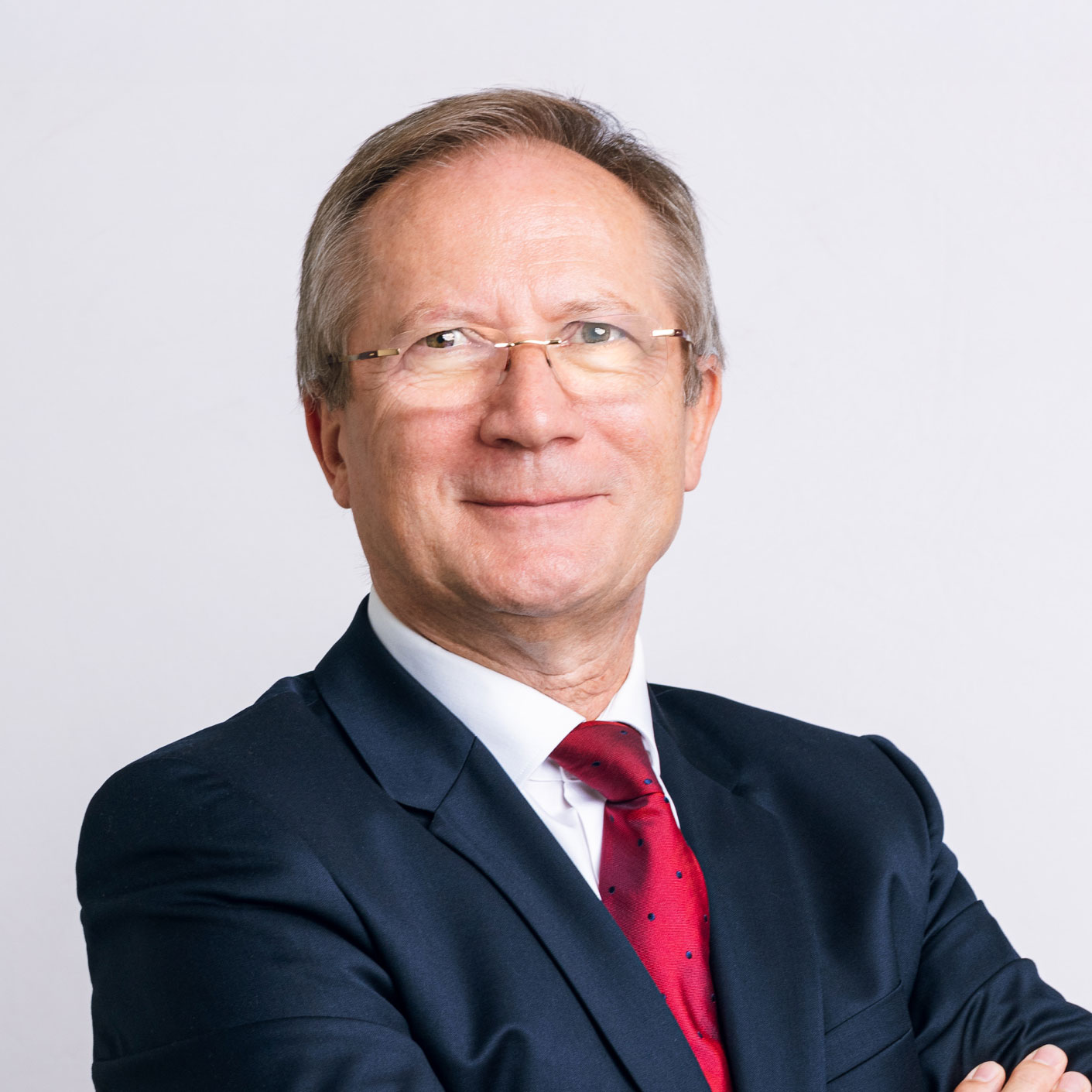
Prof. Waldemar Banasiak, MD
Chairman of the Council of the Scientific Discipline of Medical Sciences, Head of the Department of Non-Surgical Clinical Sciences Faculty of Medicine Wroclaw University of Science and Technology, WUST, Head of the Center for Heart Diseases 4th Clinical Military Hospital, National Consultant in the field of Cardiology
Chairman of the Council for the Scientific Discipline of Medical Sciences and Head of the Department of Non-Surgical Clinical Sciences, Faculty of Medicine, Wrocław University of Science and Technology.
Head of the Heart Disease Center of the 4th Military Clinical Hospital in Wrocław
National Consultant in Cardiology.
Chairman of the National Cardiology Examination Board.
Specialization in the field of internal medicine and cardiology. Doctorate at the Faculty of Medicine of the Medical University of Wrocław (1986). Habilitation at the Faculty of Medicine of the Military Medical Academy in Łódź (1994). Professor (1999).
Supervisor of 2 habilitation dissertations and supervisor of 13 doctoral dissertations. He reviewed 23 people for the title of professor, 14 for habilitated doctor and 12 for doctor of medicine. Member of a number of scientific and editorial boards. President of the Polish Cardiac Society (2009-11). Scientific achievements: 333 publications, IF 701, Hirsch index 40, number of citations: 6766. Author of 3 books and 35 chapters in books. Member of the Polish Society of Cardiology and the European Society of Cardiology. Main scientific interests: heart failure, stable coronary artery disease, atrial fibrillation, cardio-oncology.
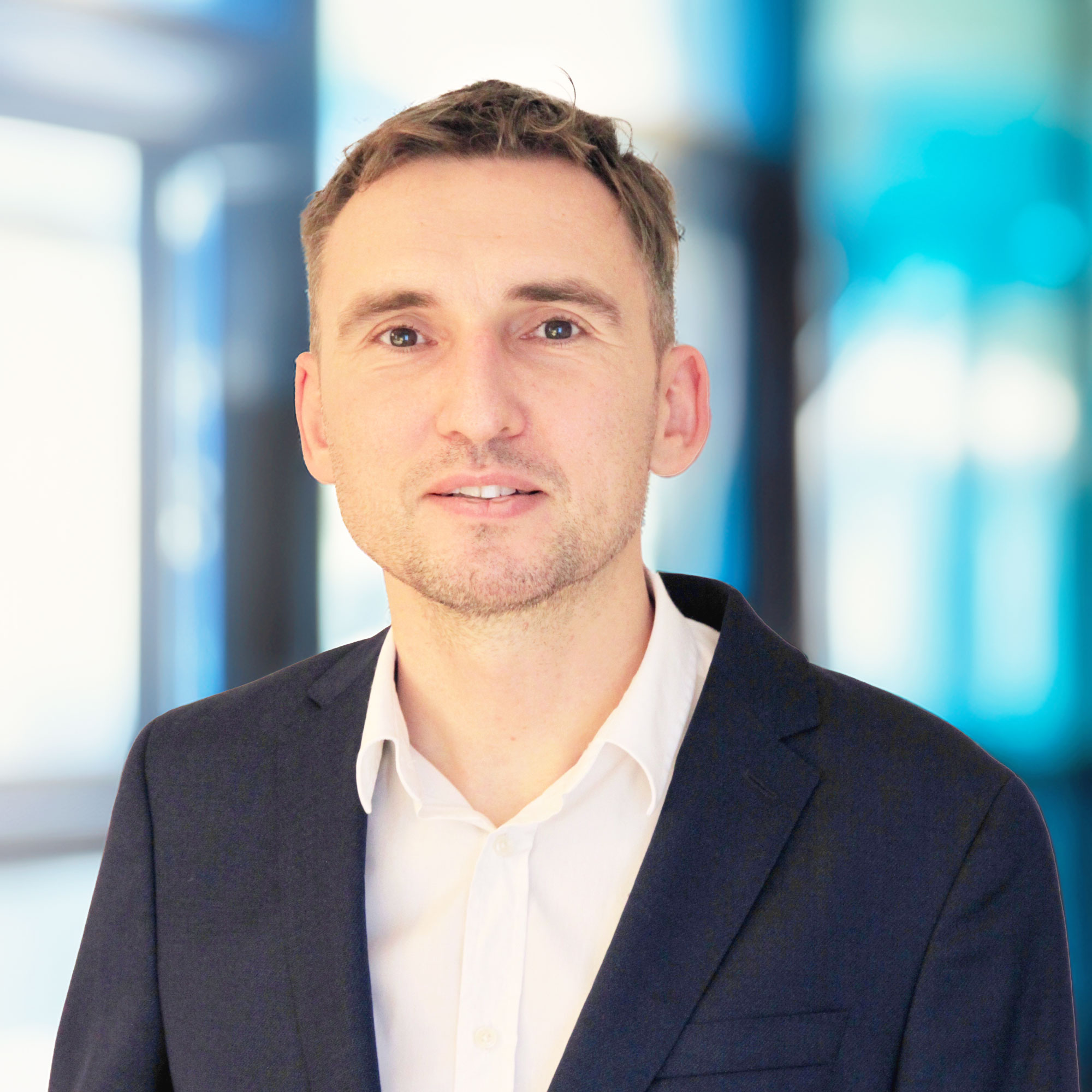
Prof. Adrian Doroszko, MD
Faculty of Medicine, Department of Non-surgical Clinical Sciences, Wrocław University of Science and Technology
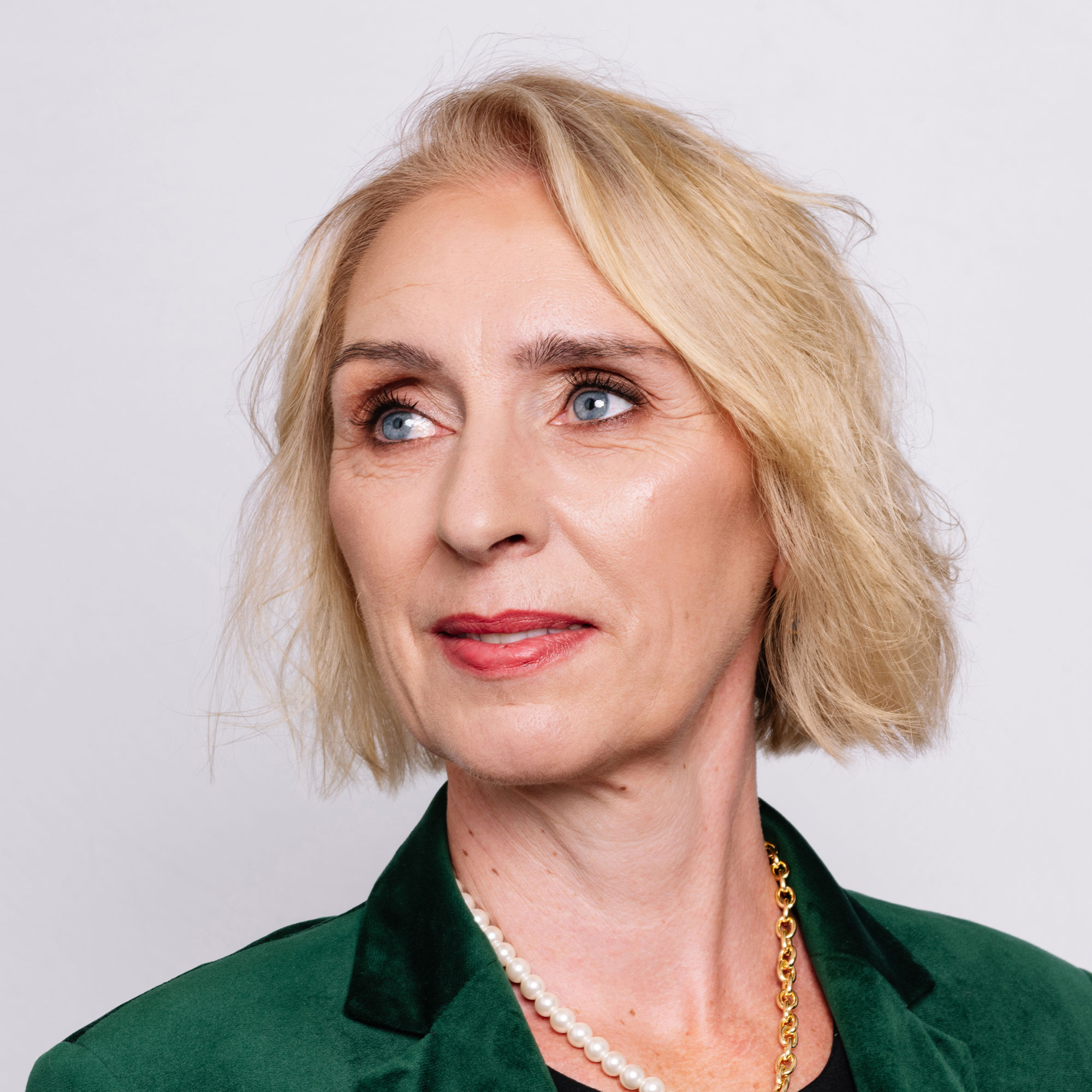
Prof. Iwona Hołowacz
Vice-Dean for Student Affairs and Teaching at the Faculty of Medicine, Department of Preclinical Sciences, Pharmacology and Medical Diagnostics, Wrocław University of Science and Technology
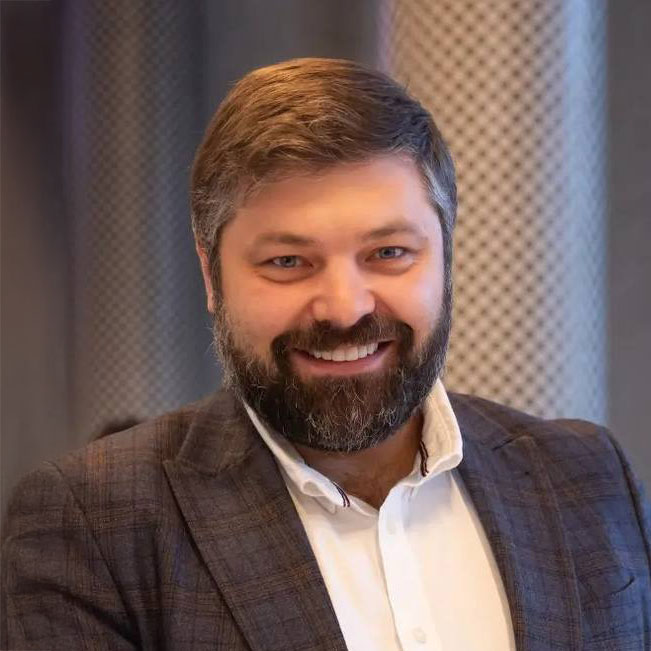
Prof. Tomasz Kajdanowicz
Faculty of Computer Science and Telecommunications, Head of the Department of Artificial Intelligence, Wrocław University of Science and Technology
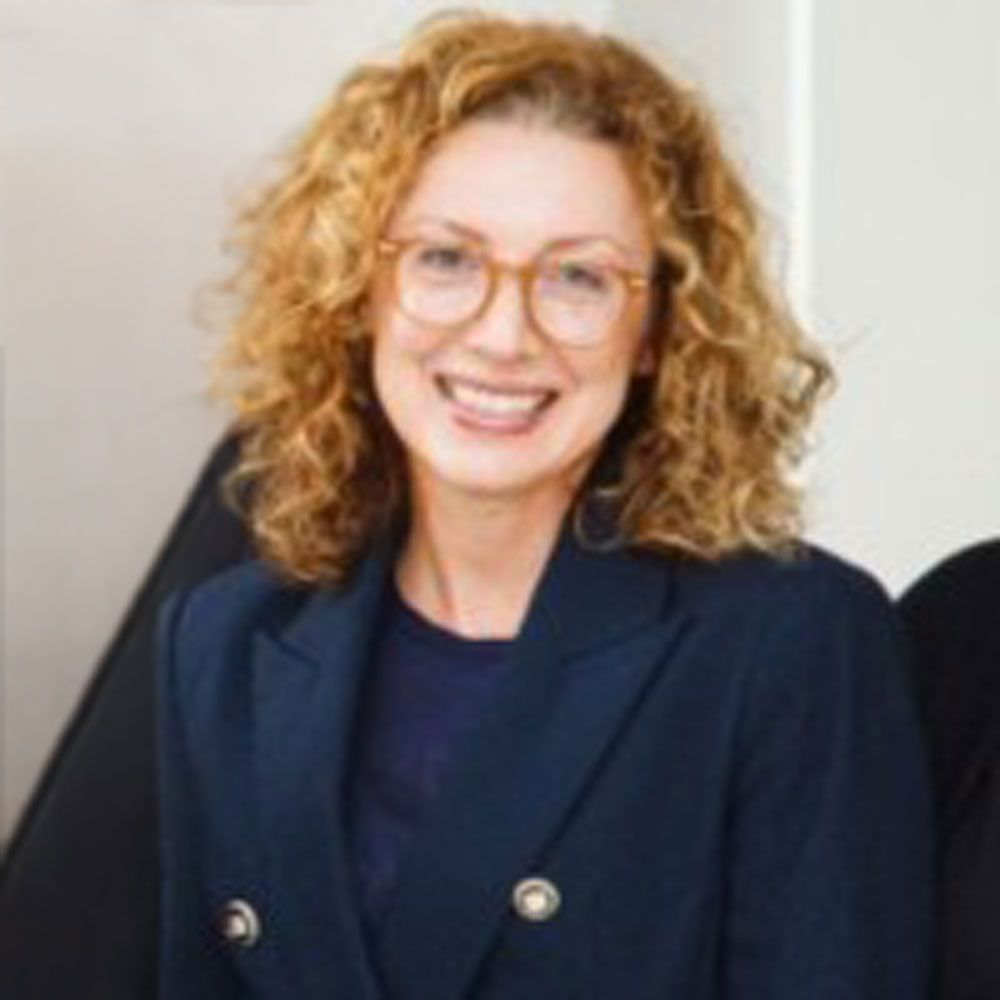
Prof. Magdalena Kasprowicz
Faculty of Fundamental Problems of Technology, Department of Biomedical Engineering, Wrocław University of Science and Technology
Magdalena Kasprowicz works at the Department of Biomedical Engineering, Faculty of Fundamental Problems of Technology, at the Wroclaw University of Science and Technology in Poland. Since 2013, she has been leading the Neuroengineering laboratory BrainLab specializing in the measurement, analysis, and processing of signals derived from multimodal monitoring of the human central nervous system. Her research primarily explores the relationships between pressures, volumes, and flows in the brain using signal processing, machine learning techniques, and mathematical modelling. She gained experience during international internships at UCLA and the University of Cambridge in England. She has co-authored over 60 scientific papers published in journals listed on the Master Journal List. She has supervised completion of four doctoral theses and is currently mentoring three ongoing doctoral procedures. She has led multiple research projects funded by the National Science Centre in Poland and the Polish National Agency for Academic Exchange. Additionally, she has received scholarships from the Foundation for Polish Science, the Ministry of Science and Higher Education, and the Czesław M. Rodkiewicz Foundation. Since 2024, she has been a member of the Biocybernetics and Biomedical Engineering Committee of the Polish Academy of Sciences. Currently, she serves as the Deputy Chair of the Scientific Discipline Council Biomedical Engineering (since October 2024) and as Head of discipline Biomedical Engineering in the Doctoral School of Wroclaw University of Science and Technology (since October 2023).
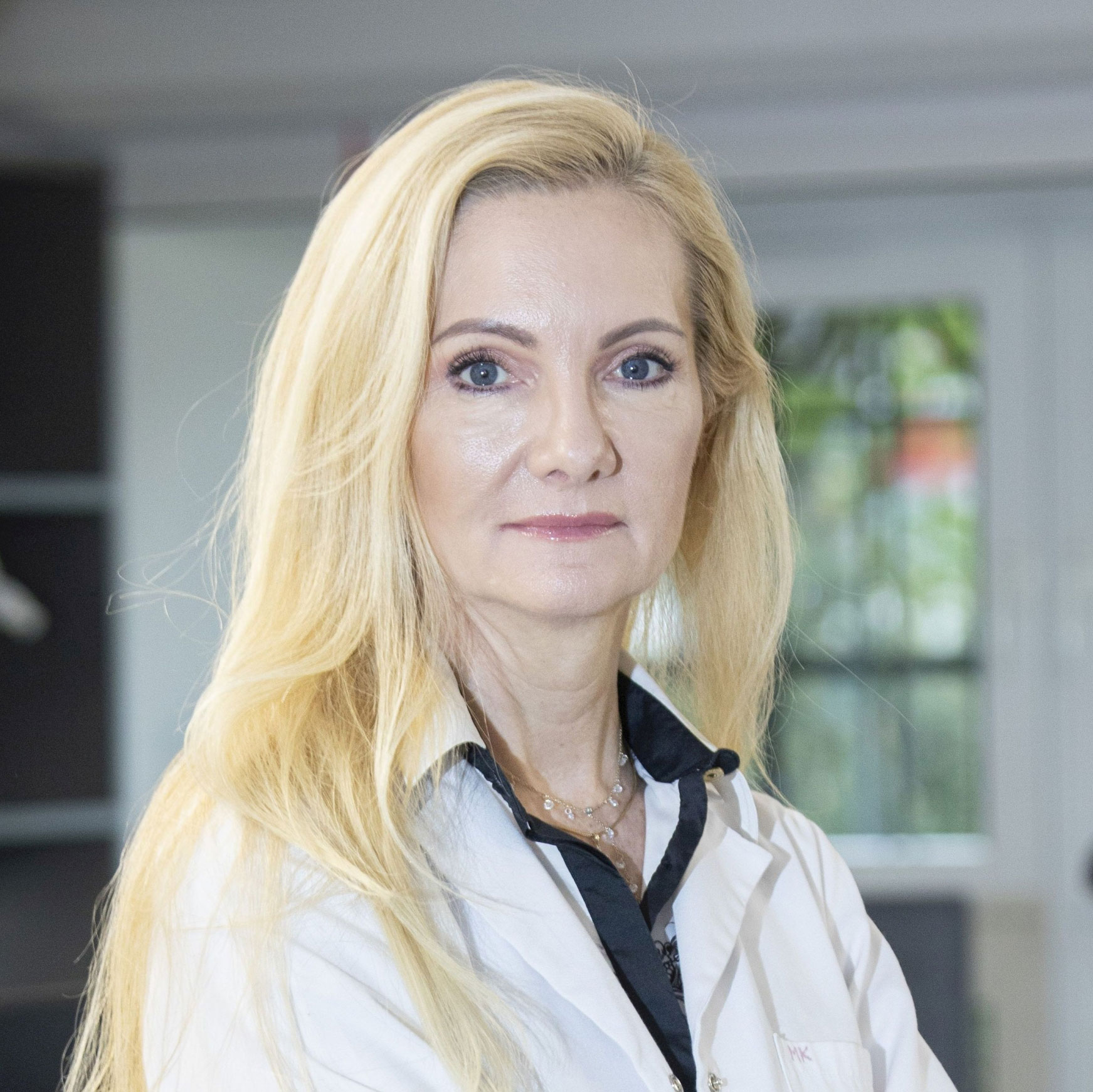
Prof. Marta Kopaczyńska
Faculty of Fundamental Problems of Technology, Department of Biomedical Engineering, Wrocław University of Science and Technology
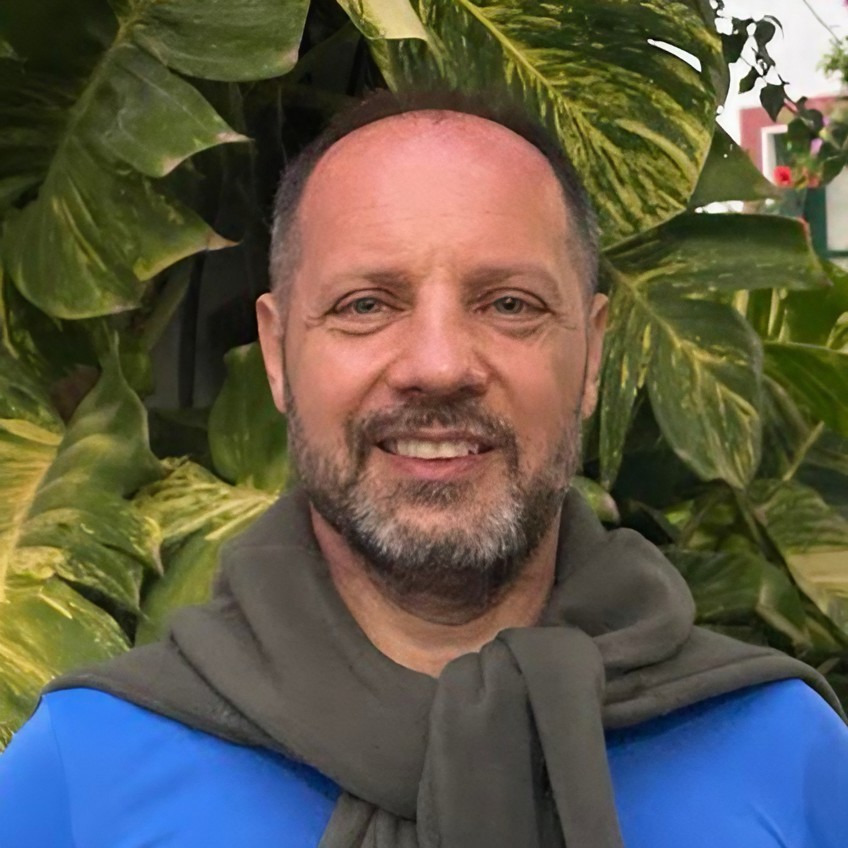
Marek Kulbacki, PhD
Representative of the Dean of the Faculty of Medicine for Technology and Innovation in Medicine, Wrocław University of Science and Technology
Dr. Marek Kulbacki has over 30 years of experience at the intersection of cutting-edge research, advanced technology, and strategic sectors. He develops and deploys high-performance technologies for extreme operational conditions, including digital medicine and dual-use systems. His work bridges research and real-world solutions with proven reliability, deployed in military, healthcare, and industrial environments across Europe and the United States.
Currently, he serves as Plenipotentiary for Technology and Innovation in Medicine at the Faculty of Medicine, Wrocław University of Science and Technology, and Rector’s Plenipotentiary for Technology Development at the Polish-Japanese Academy of Information Technology. Co-creator and leader of several R&D centers, including the largest Human Movement Technology Center in Central and Eastern Europe, based on the Human Digital Twin concept.
He has secured over $30 billion USD in funding for hi-tech R&D projects, collaborating with top industry partners, universities, and government agencies across Europe and the United States. His research focuses on computational intelligence, adaptive augmentation, context-aware algorithms, responsive interfaces, and environmental recognition, advancing the future of human-system interaction and digital medicine.
As a Senior Member of IEEE, a member of the Big Data Value Association (BDVA), and an Honorary Member of IEEE Region 3, Dr. Kulbacki actively contributes to several key IEEE technical committees, including the Technical Committee on BioRobotics, Biomedical Signal Processing, Human Movement Understanding, Pattern Analysis and Machine Intelligence, and IoT, Digital Reality, Smart Cities, and Wearable Robotics.
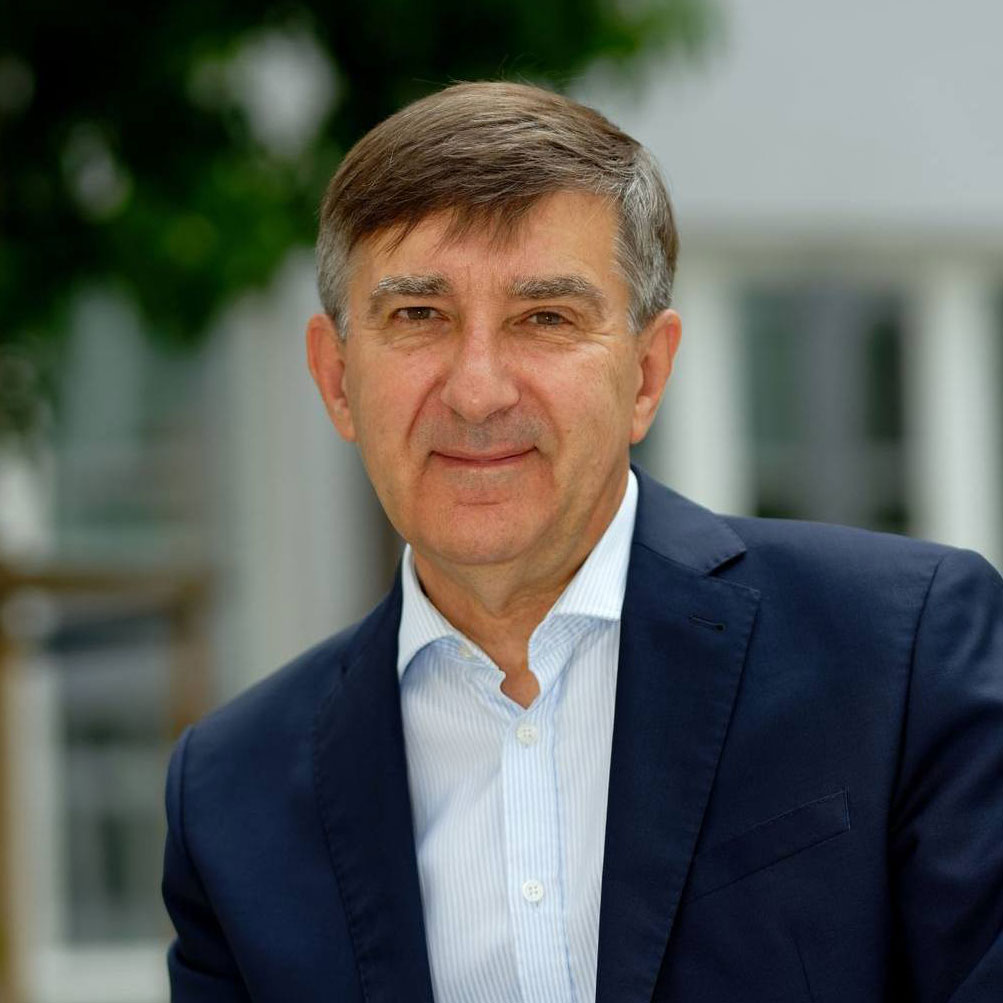
Prof. Andrzej Ożyhar
Faculty of Chemistry, Head of the Department of Biochemistry, Molecular Biology and Biotechnology, Wrocław University of Science and Technology
From the beginning of his scientific career, Prof. Andrzej Ożyhar has been associated with the Faculty of Chemistry of the Wrocław University of Science and Technology, where he served as Dean. Previously, he was also the head of doctoral studies and vice-dean for science. In the years 2020-2024, he was the Vice-Rector for Science. Currently, he is the head of the Department of Biochemistry, Molecular Biology and Biotechnology.
During his studies, he was fascinated by biochemistry and remains faithful to this passion to this day. Together with his colleagues from the department, he studies the relationship between the structure and function of proteins at the molecular level.
Outside the Wrocław University of Science and Technology, you can meet him practically every week at the National Forum of Music.
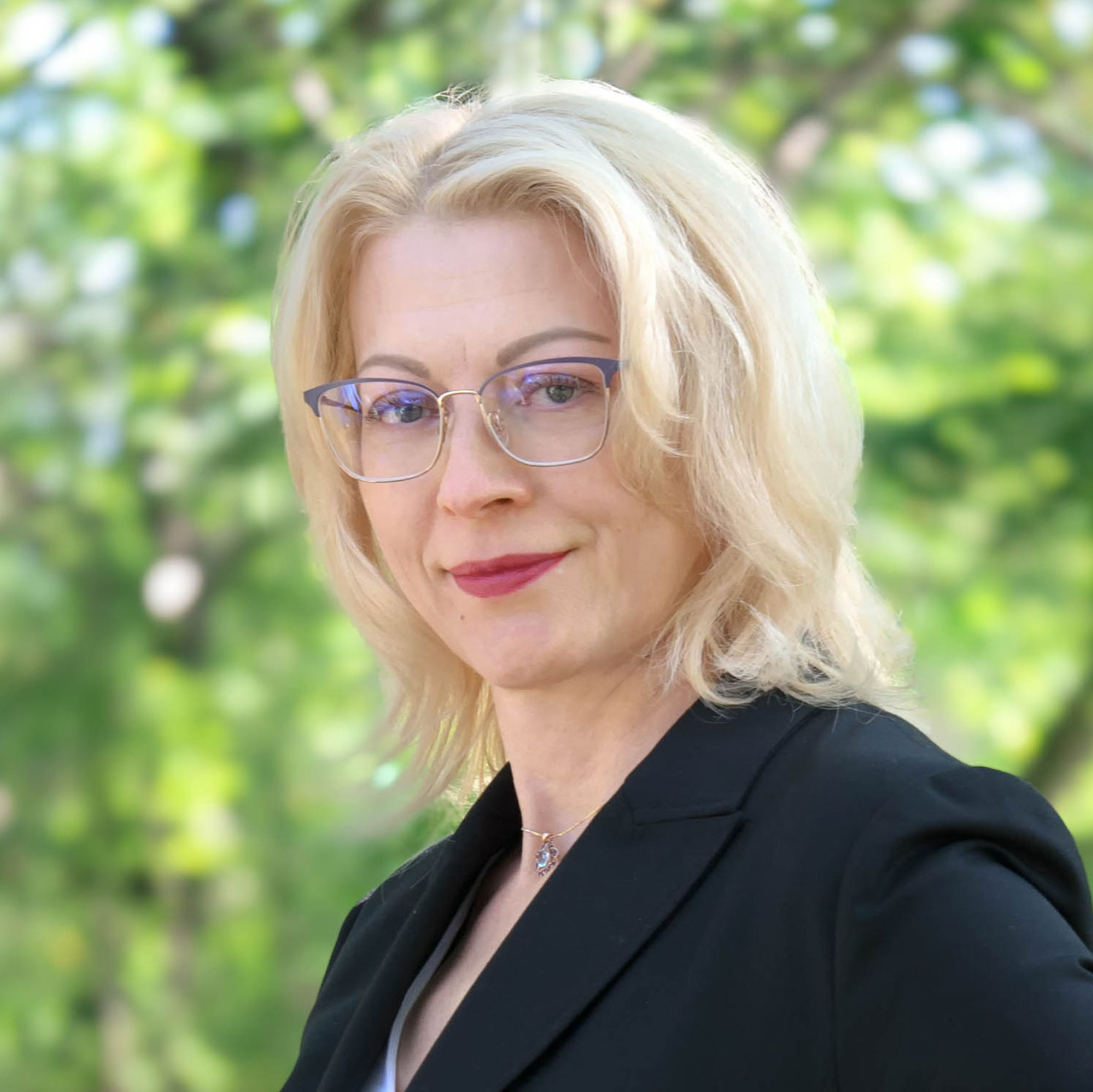
Prof. Celina Pezowicz
Dean of the Faculty of Mechanical Engineering, Department of Mechanics, Materials and Biomedical Engineering, Wrocław University of Science and Technology
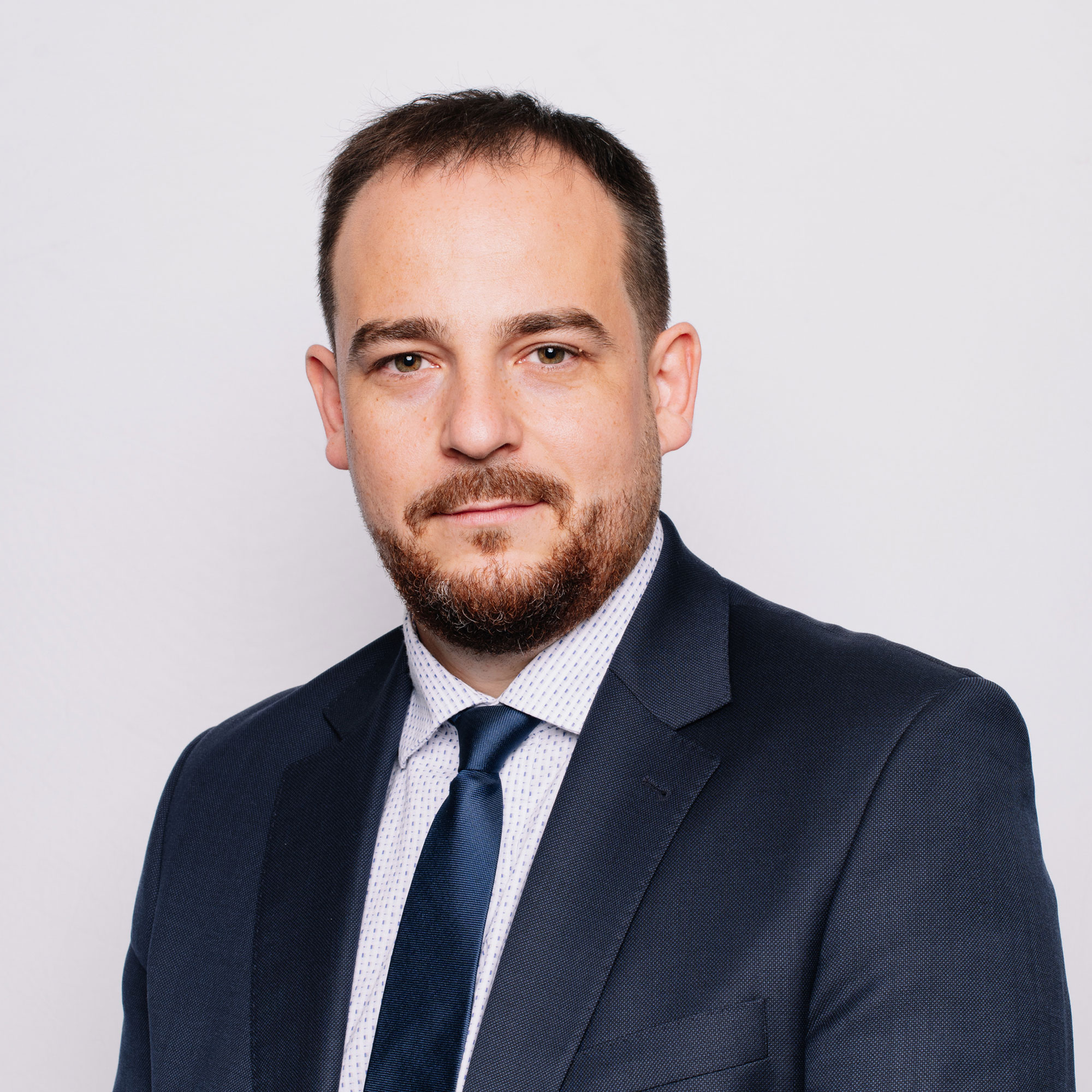
Prof. Marcin Poręba
Vice-Dean for General Affairs, Faculty of Medicine, Department of Preclinical Sciences, Pharmacology and Medical Diagnostics, Faculty of Chemistry. Department of Biological Chemistry and Bioimaging, Wrocław University of Science and Technology
Marcin Poręba, PhD, works at the Faculty of Chemistry and the Faculty of Medicine of Wrocław University of Technology. He is a specialist in biological chemistry and bioimaging. His research focuses on the design and synthesis of novel peptide-based chemical tools for the detection of proteolytic enzyme activity, using fluorescence and mass cytometry. In addition, he is investigating the mechanisms of cell death pathways using these tools to better understand the importance of proteolytic signalling in pathological conditions. Dr Poręba’s research group is also working on a new generation of cytotoxic antibody-drug conjugates (ADCs) for cancer therapy. As part of his own research activities, he was the first in the world to combine chemical probes with mass cytometry (CyTOF), creating a new technology that enables multi-parameter analysis of enzyme activity in complex biological systems. Among other things, this technology has allowed the determination of caspase activity in selected subpopulations of immune cells and provided important data for the diagnosis of haematopoietic malignancies. Based on these achievements, in 2018 Dr Poręba established Poland’s first mass cytometry laboratory at the Wrocław University of Technology, which now remains unique in the world – as the only research team there using chemical probes with unnatural amino acids to analyse the activity of enzymes, mainly proteases, but also protein kinases.
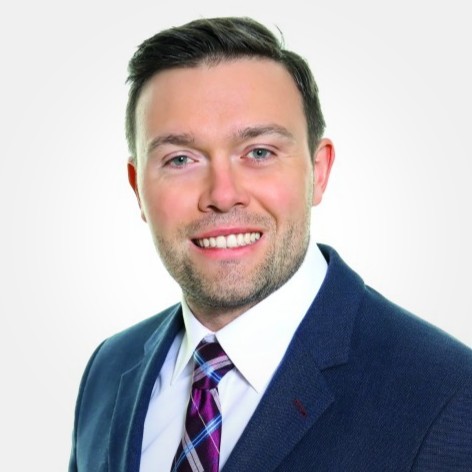
Prof. Mariusz Ptak
Faculty of Mechanical Engineering, Department of Machine and Vehicle Design Research, Wrocław University of Science and Technology
Mariusz Ptak, Head of the Mechanical Engineering discipline at the Doctoral School WUST, specializes in injury biomechanics and the design of protective equipment for athletes and vulnerable road users. He has developed advanced numerical models of the human head—covering children, adults, and seniors—which are used in traumatic brain injury research as part of the aHEAD team.
His research also includes the development of natural energy-absorbing materials such as cork, personalized medicine, and image fusion techniques for the surgical treatment of breast cancer.
He is a recipient of the Polityka Award for technical achievements and the “30 Creative People of Wrocław” distinction. He has received the Ministry of Science and Higher Education scholarship for outstanding young scientists, as well as a fellowship from Stanford University (USA) under the TOP500 Innovators program.
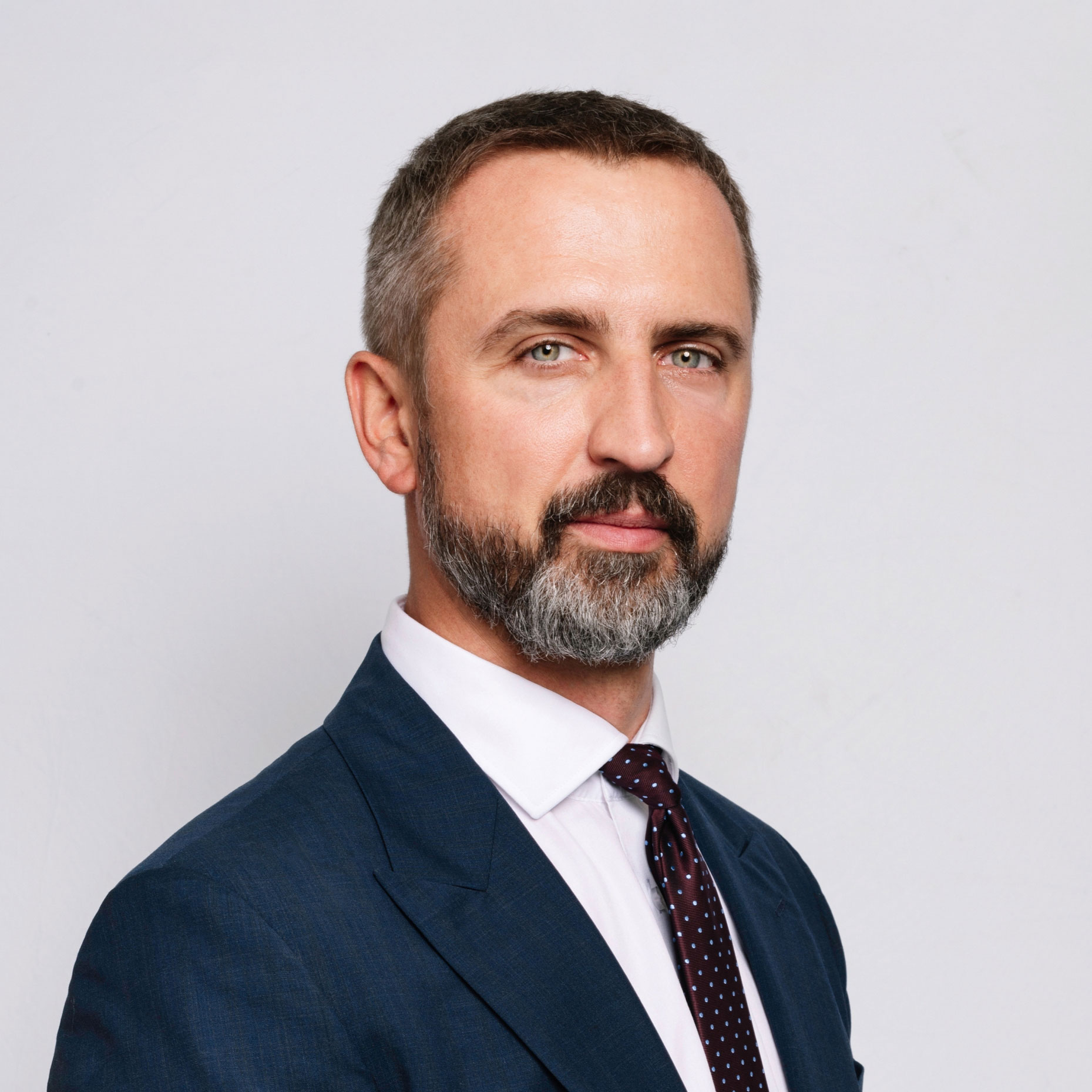
Prof. Tomasz Roleder, MD
Vice Dean for Clinical Affairs and Science, Faculty of Medicine, Department of Non-surgical Clinical Sciences, Wrocław University of Science and Technology
Prof. Tomasz Roleder, MD, PhD – interventional cardiologist and recognized expert in the field of cardiology, with extensive clinical and academic experience.
A graduate of the Medical University of Silesia in Katowice, he continued his professional development at the Upper Silesian Medical Center and completed a postdoctoral fellowship at Mount Sinai Hospital in New York, gaining expertise in advanced interventional cardiology techniques.
He currently serves as the coordinating physician of the Cardiology Department at the Provincial Specialist Hospital in Wrocław (Kamieńskiego Street), where he leads the clinical team and implements modern approaches to cardiovascular care.
Prof. Roleder is the author of numerous scientific publications and an active participant in international research projects and conferences. In 2017, he received the Polish Cardiac Society Presidents’ Award for his scientific contributions.
He is currently Vice Dean for Clinical and Scientific Affairs at the Faculty of Medicine, Wrocław University of Science and Technology, where he supports the integration of clinical practice and academic research.
His current research focuses on the use of artificial intelligence in cardiovascular imaging, particularly in the diagnostic assessment of coronary artery disease.
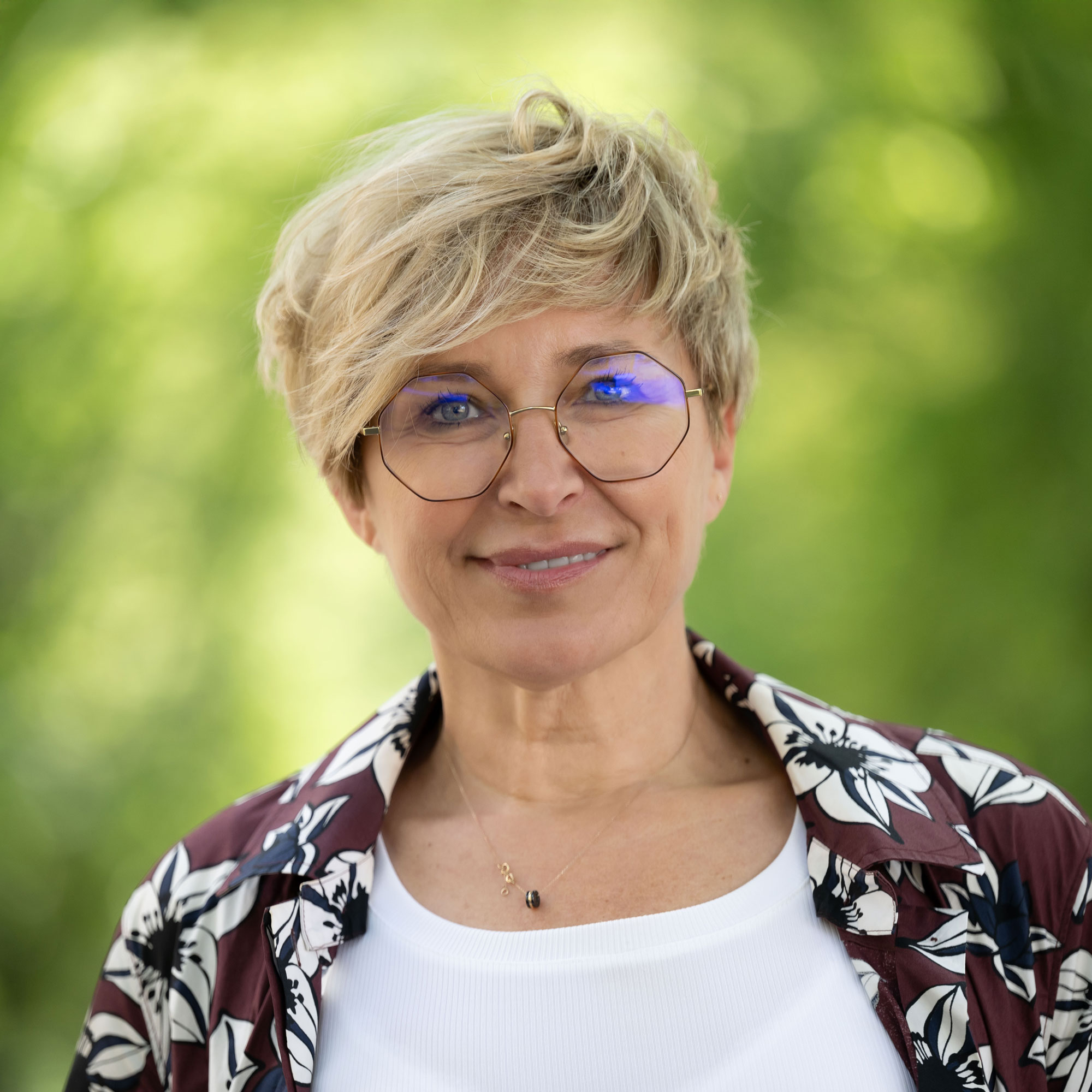
Prof. Joanna Rymaszewska, MD
Faculty of Medicine, Head of the Department of Clinical Neuroscience, Wrocław University of Science and Technology
Prof. Joanna Rymaszewska, MD, is a specialist in psychiatry and heads the Department of Clinical Neuroscience at the Faculty of Medicine, Wrocław University of Science and Technology, formerly the Department and Clinic of Psychiatry at the Wroclaw Medical University, where she served twice as dean, senator and vice-dean for doctoral studies.
She is passionate about brain health and conducting scientific projects on methods of neurostimulation in mental disorders, mental problems in various somatic diseases, in old age, including dementia. She implements international scientific JPND projects (co-founded the Meeting Centre for people living with dementia on Ciepła in Wrocław) and MSC H2020 ITN, EU JPND Working Group, EU Cost Actions; author of >410 scientific publications, textbooks on mental disorders in somatic diseases, consultation-liaison psychiatry, brain neurostimulation, dementias. She organizes the annual national conference Psychiatry – Interdisciplinary Dialogues in Wrocław.
She is a member of the boards of scientific societies: European Association of Psychosomatic Medicine and the INTERDEM (Network of Researchers on Psychosocial Interventions in Dementia), member of Academia Europaea.
She has promoted 21 completed doctorates and 6 doctoral dissertations currently in progress. In 2024, her application in Industrial Doctorate Program was the highest rated in Poland and first on the list of the Ministry of Science and Higher Education.
Among the awards she has received, she considers as the most valuable the honourable title ACTIVE IN WALKING WITH DEPRESSION awarded by the Association Actively Against Depression, Warsaw (2019), the medal MERITO DE WRATISLAVIA 2022 and the title ‘ WROCŁAWIANKA ROKU 2022’ in the scientific-research category.
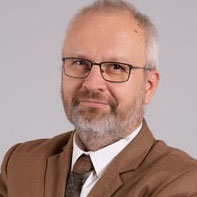
Prof. Przemysław Śliwiński
Faculty of Computer Science and Telecommunications, Department of Automation, Mechatronics and Control Systems, Wrocław University of Science and Technology
Przemysław Śliwiński works at the Department of Control Systems and Mechatronics, Faculty of Information and Communication Technology at the Wrocław University of Science and Technology.
His current research activities are focused at axiomatic approach to modeling perception and behavior in autism with the help of information-theoretical tools.
His previous activities encompassed applications of stochastic methodology to nonlinear system identification, wavelet signal processing, convex optimization problems and autofocusing algorithms. He co-operated with scientists from the University of Arizona in Tucson, USA and from the Vrije Universiteit Brussel, Belgium. Prof. Śliwiński was a supervisor of three doctoral theses.
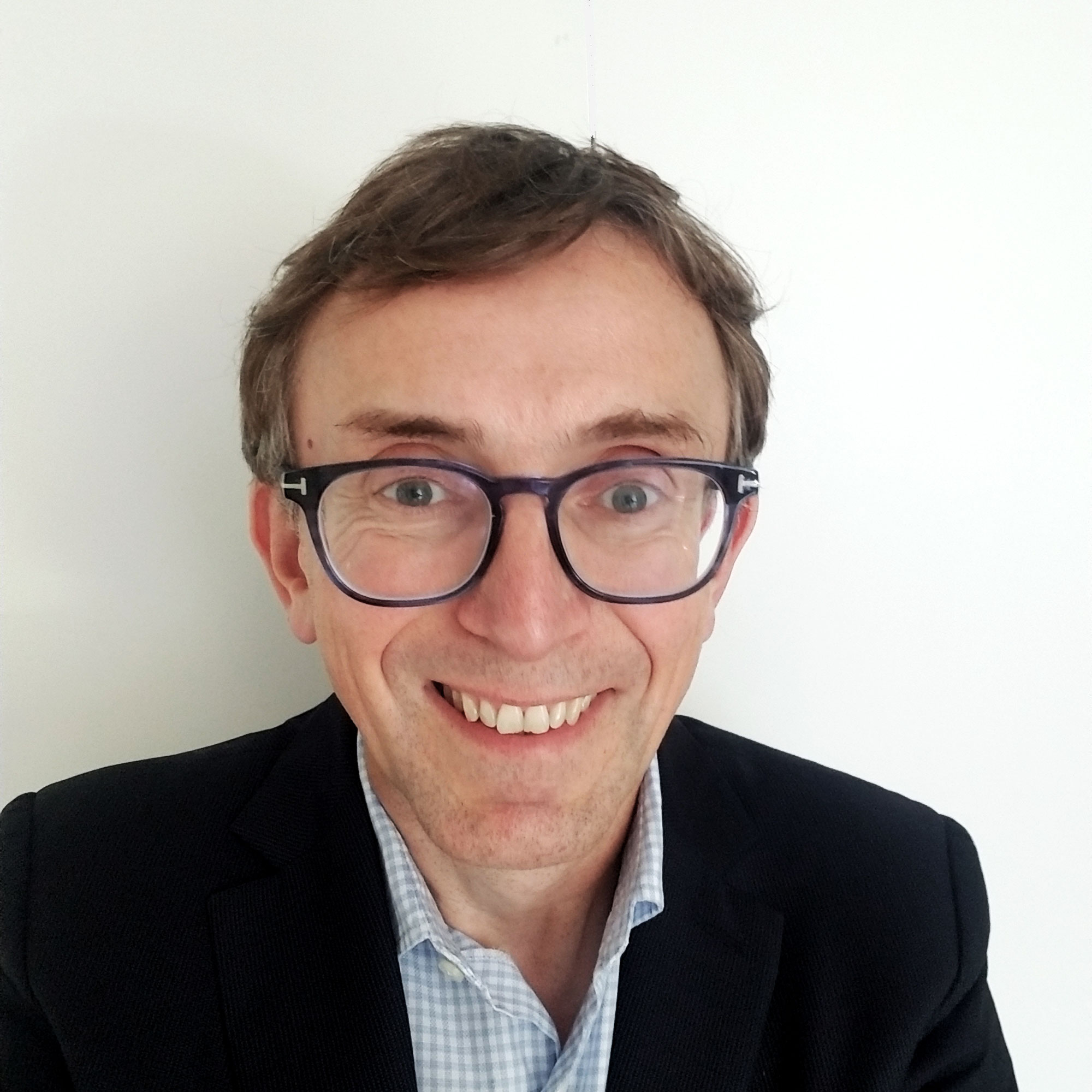
Prof. Tomasz Sozański, MD
Faculty of Medicine, Head of the Department of Preclinical Sciences, Pharmacology and Medical Diagnostics, Wrocław University of Science and Technology
Prof. Tomasz Sozanski, MD, PhD, DSc, pharmacologist, specialist in radiology and diagnostic imaging.
Head of the Department of Preclinical Sciences, Pharmacology and Medical Diagnostics and Vice Dean for General Affairs at the Faculty of Medicine. From 2006 to 2023, he worked in the Department of Pharmacology at the Faculty of Medicine, Wroclaw Medical University, where he taught pharmacology with elements of toxicology to students of the faculties of medicine, dentistry and pharmacy.
Prof. Sozanski specializes in the study of natural compounds in the prevention and treatment of diseases of civilization. Co-author of pharmacology and toxicology studies on cell lines, animal models and non-commercial clinical trials evaluating the effects of dietary interventions in patients and athletes.
He has co-authored work using a number of research techniques, including a model of diet-induced dyslipidemi and atherosclerosis, extracorporeal perfusion and pharmacokinetics. Much of Professor Sozanski’s work concerns the effects of extracts and compounds extracted from the fruit on changes in cardiovascular disease and metabolic disorders. Their results have been published in Atherosclerosis and Phytomedicine, among others.
He cooperates with many national and foreign centers. Member of the Wroclaw Branch of the Polish Society of Pharmacology. Co-author of 76 scientific articles and 6 patents, awarded a silver medal at the Brussels Innova International Fair for Invention, Research and New Techniques and a gold medal at the Eureka International Paris 2024 Invention and Innovation Competition.
In a ranking compiled by Stanford University, Elsevier Publishing and SciTech Strategies he was ranked among the 2% most cited scientists in 2023.
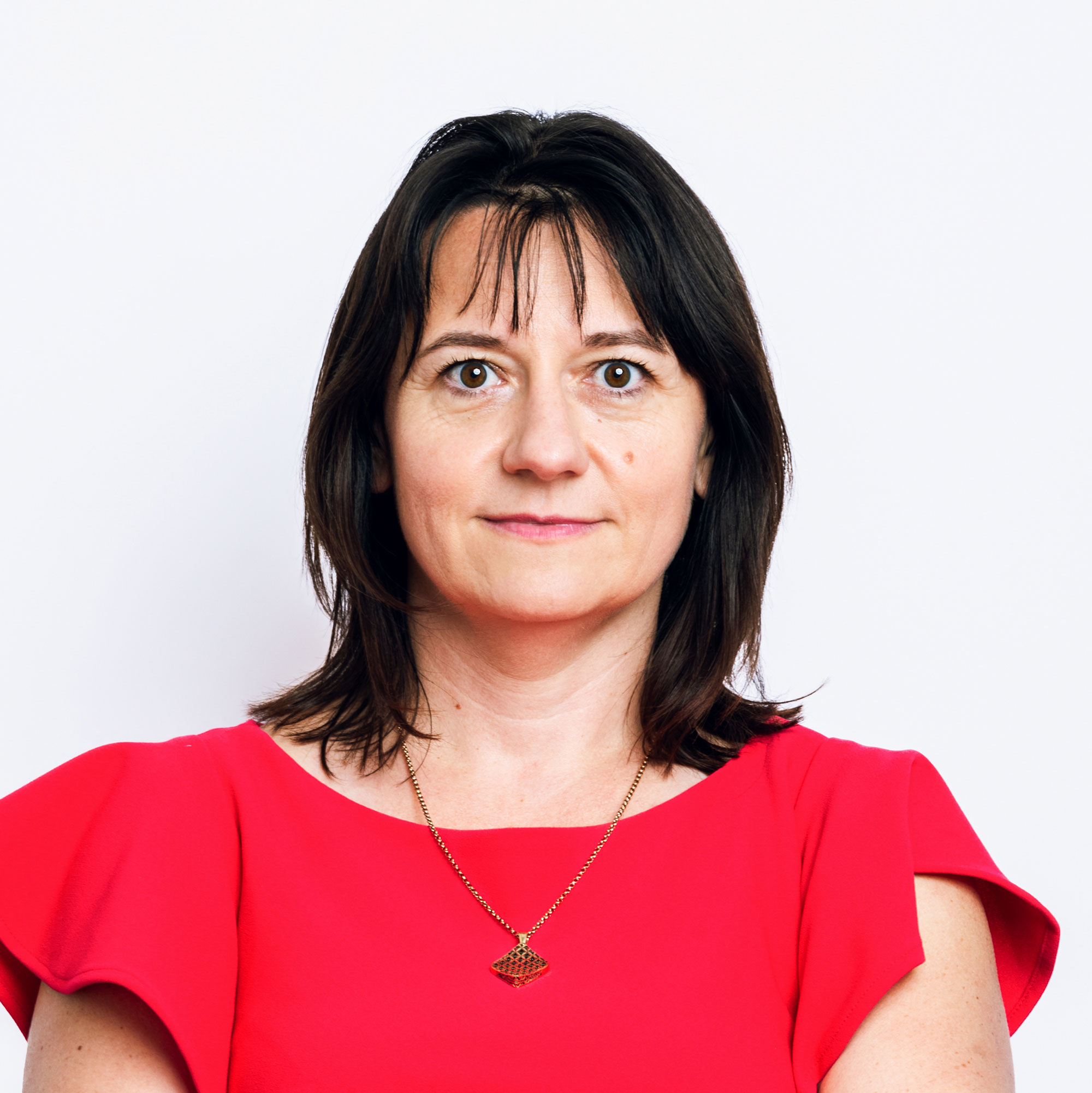
Prof. Bożena Cybulska-Stopa, MD
Faculty of Medicine, Head of the Department of Oncology and Hematology, Wrocław University of Science and Technology
Professor at Wrocław University of Science and Technology, clinical oncologist, and Head of the Department of Oncology and Hematology at the university’s Faculty of Medicine. She also leads the Oncology Clinic at the Lower Silesian Center of Oncology, Pulmonology and Hematology in Wrocław and chairs its Scientific Council. A board member of the Polish Society of Clinical Oncology (Treasurer) and Chair of its Immuno-Oncology Section. Her research focuses on real-world data (RWD) in oncology and the safety of immunotherapy. She co-developed an app to support the management of immune-related adverse events (irAEs). She pioneered home-based chemotherapy using infusers in Małopolska and is the author of over 100 scientific publications with a total IF exceeding 600.
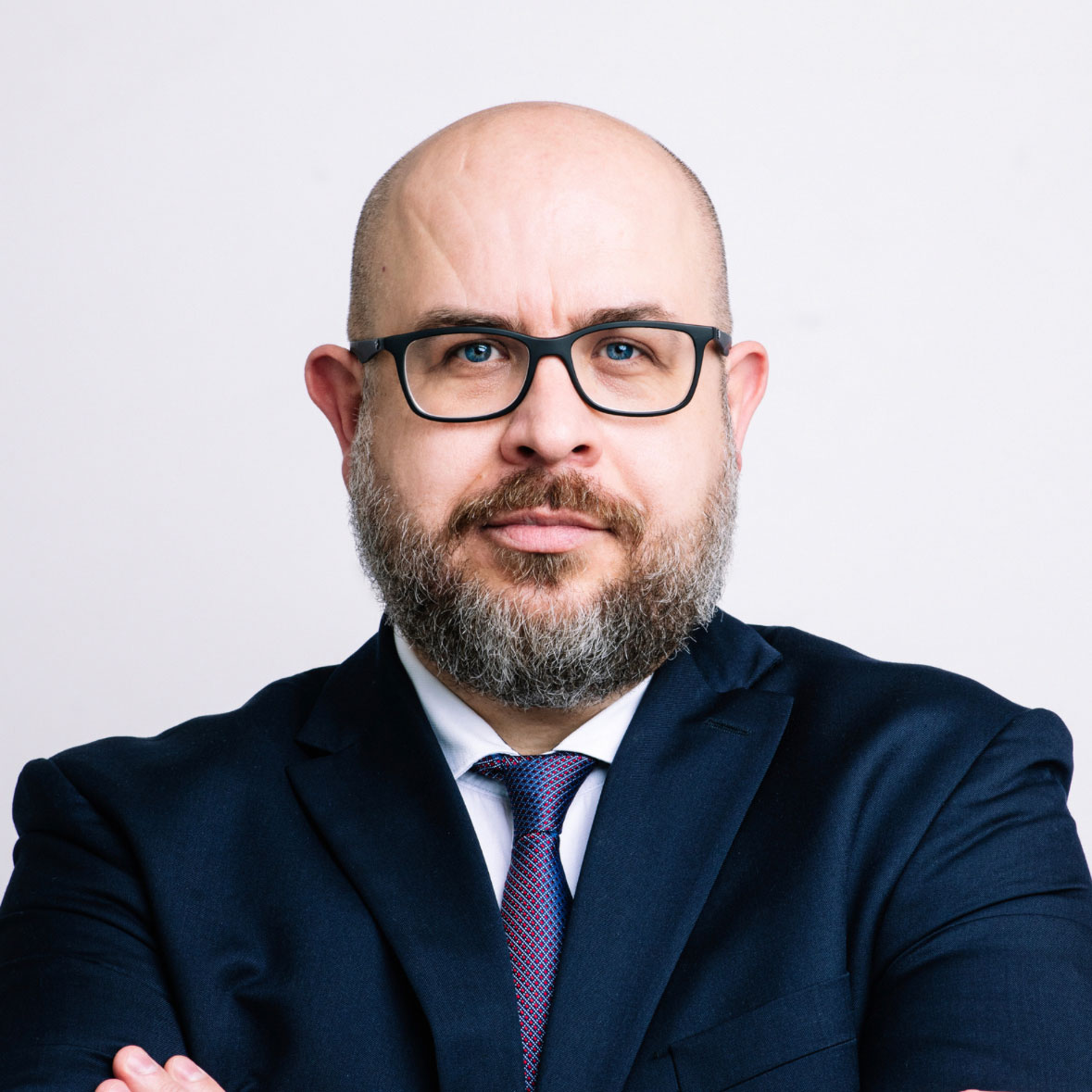
Prof. Marcin Zawadzki, MD
Faculty of Medicine, Head of the Department of Social Sciences and Infectious Diseases, Wrocław University of Science and Technology
Dr. habil. Marcin Zawadzki is a recognized expert in forensic toxicology. He is trained as a physician, chemist, and medical laboratory diagnostician. He has completed postgraduate studies in R&D project management as well as in extreme medicine and travel medicine. He holds medical specializations in forensic medicine and forensic laboratory toxicology.
For his habilitation thesis, he was awarded the prestigious Robel Prize, given for the best scientific work in the field of forensic sciences. He is also a two-time recipient of the Professors Markiewicz and Borkowski Award for his contributions to forensic toxicology.
Dr. Zawadzki currently serves as the Head of the Department of Social Sciences and Infectious Diseases. His research focuses primarily on the identification of new psychoactive substances, their stability in biological matrices, and their metabolic pathways. He also conducts research on the toxicology of chemical warfare agents and classical narcotics.
He is a member of the Forensic and Toxicological Analysis Team of the Analytical Chemistry Committee of the Polish Academy of Sciences, the Polish Toxicological Society, the Polish Society of Forensic Medicine and Criminology, and the Polish Astrobiological Society.
He is the author of 141 scientific publications (total impact factor: 251), co-author of 2 scientific monographs, 3 textbooks, and 21 chapters in academic books.
Privately, he is passionate about cosmology, astrobiology, and astrochemistry. He has also studied Norwegian philology in Wrocław and Oslo, as well as ethnolinguistics.
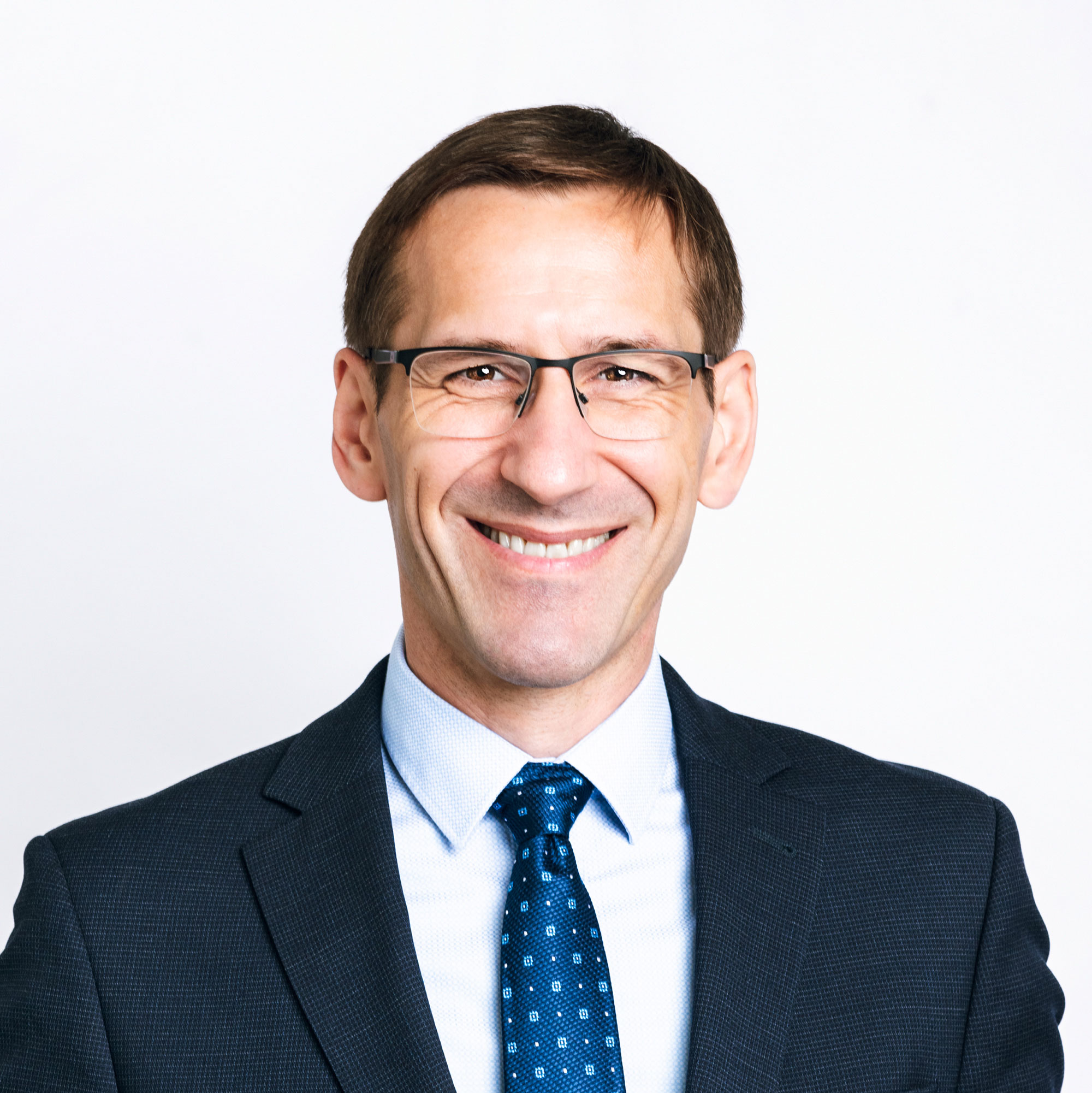
Prof. Marek Zawadzki, MD
Faculty of Medicine, Head of the Department of Clinical Surgical Sciences, Wrocław University of Science and Technology
Dr. Zawadzki is a board-certified specialist in general and oncological surgery. He graduated from the Faculty of Medicine at Warsaw Medical University in 2000. He began his surgical training at the Beskid Oncology Center in Bielsko-Biała, where he earned his certification in general surgery in 2008. Between 2010 and 2011, he completed advanced training in robotic and laparoscopic surgery at the University of Illinois at Chicago Medical Center in Chicago, USA.
Since 2012, Dr. Zawadzki has been working at the Department of Surgery at the Provincial Specialist Hospital in Wrocław, where, since 2021, he has held the position of Head of the General Surgery Department and Coordinator of the Surgical Center.
Dr. Zawadzki specializes in the treatment of malignant gastrointestinal tumors, as well as in robotic and laparoscopic surgery.
Current Roles:
- Head of the Department of Clinical Surgical Sciences at the Faculty of Medicine, Wrocław University of Science and Technology
- Head of the General Surgery Department and Coordinator of the Surgical Center at the Provincial Specialist Hospital in Wrocław
Memberships and Functions in Scientific Societies:
- President-Elect of the Polish Society of Surgical Oncology
- Chair of the Lower Silesian Branch of the Association of Polish Surgeons
- Board Member of the Association of Polish Surgeons
- Member of COLOROBOTICA – Working Robotic Group of the European Society of Coloproctology, a robotic surgery school established under the auspices of the European Society of Coloproctology
Dr. Zawadzki is the author and co-author of over 30 scientific publications in both Polish and international medical journals, as well as academic monographs. He is also a frequent lecturer at national and international scientific symposia and conferences.
Organizing Committee

Prof. Robert Iskander
Director of HealthTech Synergy Hub,
Faculty of Fundamental Problems of Technology. Department of Biomedical Engineering Wrocław University of Science and Technology
Prof. D. Robert Iskander works at the Department of Biomedical Engineering, Faculty of Fundamental Problems of Technology, at the Wrocław University of Science and Technology. He defended his doctorate in 1997 (Queensland University of Technology, Australia), and obtained his habilitation in 2010 (Silesian University of Technology). In February 2021, he received the title of professor of engineering and technical sciences. His research mainly concerns signal and image processing methods and their application in ophthalmology, but he also deals with visual optics, optometric and ophthalmic instrumentation, applied statistics, applied mathematics, detection and estimation, and the bootstrap method. Prof. Iskander is the co-author of over 300 international scientific papers, including over 150 in peer-reviewed international journals. He is also the co-author of 13 international patents, mainly concerning the construction of contact lenses. He has supervised 23 PhDs to date, and currently supervises three more PhD students. Currently, he is the director of the HealthTech Synergy Hub and head of the Department of Biomedical Engineering. Since 2020, he has been a member of the Biocybernetics and Biomedical Engineering Committee of the Polish Academy of Sciences.

Prof. Dariusz Jagielski, MD
Dean of the Faculty of Medicine, Department of Non-surgical Clinical Sciences, Wrocław University of Science and Technology
Dean of the Faculty of Medicine of the Wrocław University of Science and Technology (WUST). He is the deputy head of the Cardiology Clinic of the Heart Disease Center at the 4th Military Clinical Hospital with Polyclinic in Wrocław. He finished his medical studies at Medical Academy in Wrocław (1992) – currently Wrocław Medical University. He was a medical adviser to the Rector of the WUST (2023). At present Dariusz Jagielski is an assistant professor of WUST.
His professional and scientific activity concerns electrophysiology, and more specifically, the introduction of modern medical technologies into clinical practice. Includes, among others: such issues as: implantation of electrodeless cardiac pacemakers, phrenic nerve stimulation in sleep apnea in people with heart failure, percutaneous removal of pacing systems, long-term ECG monitoring.
His most important scientific interests focus on arrhythmia – the use of non-invasive and invasive techniques in the prognosis and treatment of cardiac arrhythmias, implantable cardioverter defibrillators and resynchronisation therapy in heart failure, implantation of electronic devices to treat cardiac arrhythmias and heart failure, ablation techniques (3D) in the treatment of arrhythmias clinical and experimental research.
He has been educating doctors for almost 30 years, including: internists and cardiologists in the field of electrophysiology and cardiology. He is an active participant in scientific conferences and symposia as a lecturer, co-chairman of discussion panels and presenter of works. He takes part in the most important scientific events in the areas of medicine that are close to him in Poland and abroad, e.g. in India, Greece, Germany, Finland, Italy and the USA.

Prof. Halina Podbielska, MD
Faculty of Fundamental Problems of Technology, Department of Biomedical Engineering Wrocław University of Science and Technology
Prof. Halina Podbielska, DSc, PhD, Eng, MD, is a graduate of the Faculty of Fundamental Problems of Technology (WPPT) at Wrocław University of Science and Technology (WUST) and the Faculty of Medicine at the Medical Academy (now Wrocław Medical University). She completed her studies at WPPT with distinction and defended her doctoral dissertation with distinction at the Institute of Physics, Wrocław University of Science and Technology (1992). In 1997, the Scientific Council of WPPT awarded her the degree of Doctor Habilitated in Physical Sciences. She also completed postgraduate studies at the Faculty of Computer Science and Management at Wrocław University of Science and Technology, conducted in collaboration with Central Connecticut University. She passed also the state examination for members of supervisory boards of State Treasury companies. In 2002 she was awarded the title of Professor of Technical Sciences.
Professor Podbielska has participated in numerous research stays at the invitation of foreign scientific institutions. During her doctoral studies at Wrocław University of Science and Technology, she completed a four-month internship at the Institute of Physics, Goethe University in Frankfurt am Main. From 1984 to 1986, she was a Humboldt Foundation fellow at Goethe University in Frankfurt am Main and the Hals-Nasen-Ohren Clinic, Holographic Laboratory for Medical Acoustics and Biophysics, University of Münster, Germany, where she conducted research on bones and orthopedic devices using holographic interferometry methods. She was invited by the Department of Electronics at the Weizmann Institute, Rehovot, Israel, for a two-year research stay (1989, 1990), conducting studies on holographic endoscopy, among other topics. In 2002-2004 and 2005, she was a visiting professor at the Institute of Optics, Technical University of Berlin, and Charité – Universitätsmedizin Berlin, Institute for Biomedical Engineering and Physics), where she conducted research on the medical applications of lasers.
She played an active role in the establishment of the Institute of Biomedical Engineering and Measurement at WUST, which was founded in 2007. From 2008, she served as the Director of the Institute for two terms. She contributed to the development of the Institute, both in terms of material resources (including securing an equipment grant) and human resources. After organizational changes at Wrocław University of Science and Technology in 2014, she was the Head of the Department of Biomedical Engineering until March 2022.
H. Podbielska conducts research in the broad field of biomedical engineering and bio-optics, including nanomaterials, photoactive biomaterials with antibacterial properties, modified implant coatings, image recognition methods and bacterial identification, personalized medicine, and thermographic monitoring of the effects of physical therapies. At Wrocław University of Science and Technology, she led eight national grants, four international projects (including two under the 7th Framework Programme), and two industry-commissioned projects. She is a co-author of over 300 scientific publications and reports and 13 patents in the broad field of biomedical engineering.
In recent years, H. Podbielska has been actively involved in research on personalized medicine and physiotherapy in collaboration with the University of Bonn and the Wrocław University of Physical Education. This research includes thermographic methods and the application of computer-assisted algorithms for image recognition.
H. Podbielska has been a member of the Committee on Biocybernetics and Biomedical Engineering of the Polish Academy of Sciences (PAN) for several terms and currently serves as its Deputy Chair. She has also been a long-standing member of the Scientific Council of the Institute of Biocybernetics and Biomedical Engineering (IBIB PAN). Additionally, she was appointed to the ministerial team for evaluating industrial PhD programs.
In 2008, she was invited to join the Scientific Council of The European Association for Predictive, Preventive & Personalised Medicine (EPMA), where she is responsible for Biomedical Engineering. She is also a member of the Scientific Council of the EPMA Journal (Springer Nature) and Biocybernetics and Biomedical Engineering (Elsevier).
She was honored as an OSA Senior Member in 2017 and received the EPMA AWARD in 2021 for her contributions to the promotion of personalized medicine. Since 2019, she has been a member of the Scientific Council of The International Centre of Biocybernetics.

Arkadiusz Skowron, MSc
Event Manager, Web and Graphic Designer, Innovation and Business Center, Wrocław University of Science and Technology
Full stack Event Manager with the soul of an artist and the mind of an analyst. I design experiences — both visual and those that unfold on the conference stage. Professionally, I combine skills in marketing, web development, and graphic design. In the past, I worked in research commercialization, advised startups and SMEs, and gained experience in finance and banking. At Wrocław University of Science and Technology, I’m responsible for the end-to-end organization of events at the intersection of science and business — from concept to execution. I thrive where innovation meets real impact. Outside of work, I’m a photographer and visual arts enthusiast. In everything I do, I value aesthetics, functionality, and communication that truly connects.

Anna Szymoniak, MA
Cooperation Manager, Innovation and Business Center, Wrocław University of Science and Technology
Cooperation Coordinator at the Innovation and Business Center at Wrocław University of Science and Technology. Building networks between science and business to foster the development of modern technologies and solutions. Bringing 10 years of experience in the pharmaceutical industry, with a background in New Product Development at Hasco-Lek—covering market and competitive analysis, promotional strategy, sales forecasting, and new product recommendations.
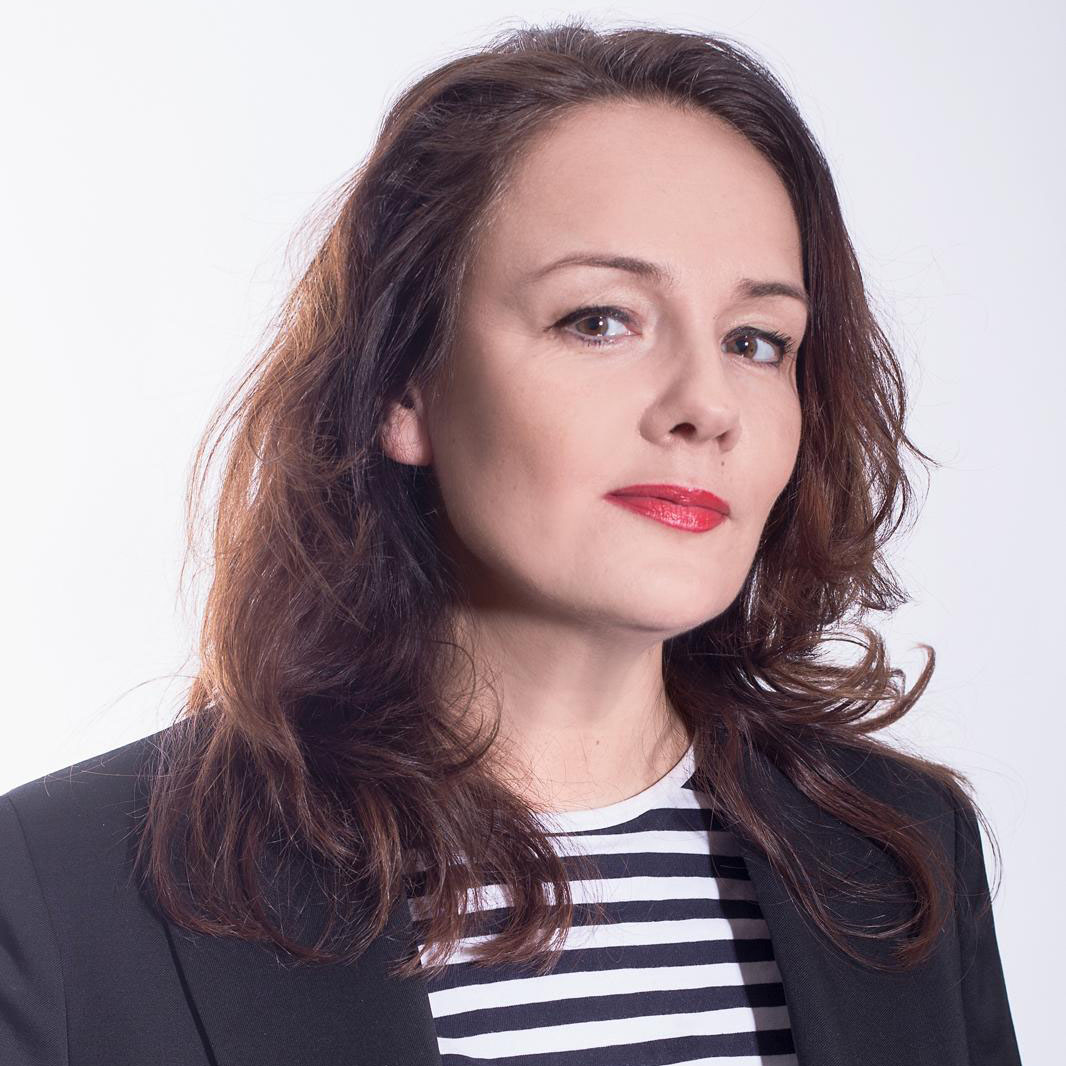
Agnieszka Czajkowska-Masternak, MA
PR Manager, Faculty of Medicine, Promotion and Event Organization Section, Wrocław University of Science and Technology
Agnieszka Czajkowska-Masternak, journalist. She has worked in the media and has been involved in PR and communications in health care since 2012. She was a spokeswoman for the University Clinical Hospital in Wroclaw, the Lower Silesian Center for Oncology, Pulmonology and Hematology and the T. Marciniak Lower Silesian Specialized Hospital – Center for Emergency Medicine, with which she still works. She has been professionally involved and fascinated by medicine for more than 10 years. She coordinated social campaigns in the field of oncology and cardiology – including the creation of the 1st in Lower Silesia – Breast Disease Center – Breast Unit in DCOPiH, or a preventive campaign aimed at women on cardiovascular diseases. For more than 2 years, she has been in charge of communication and promotion at the new Faculty of Medicine at Wrocław University of Science and Technology.
